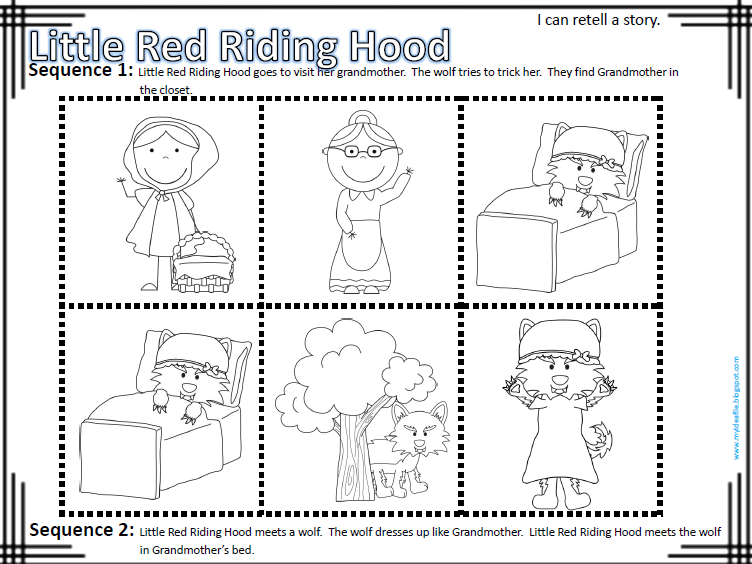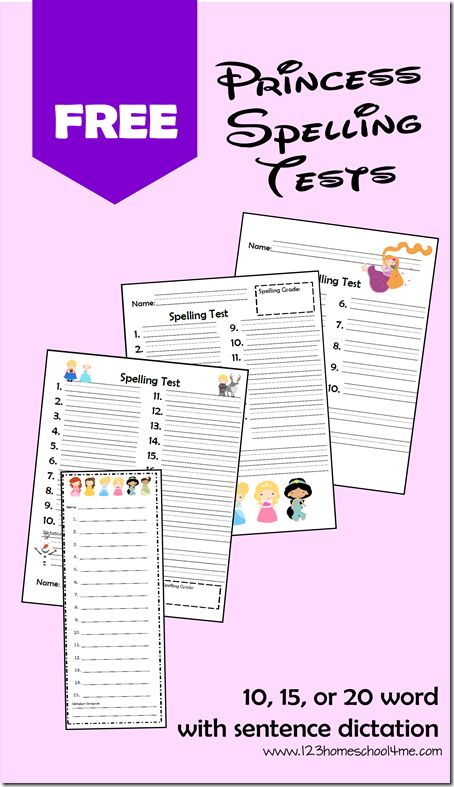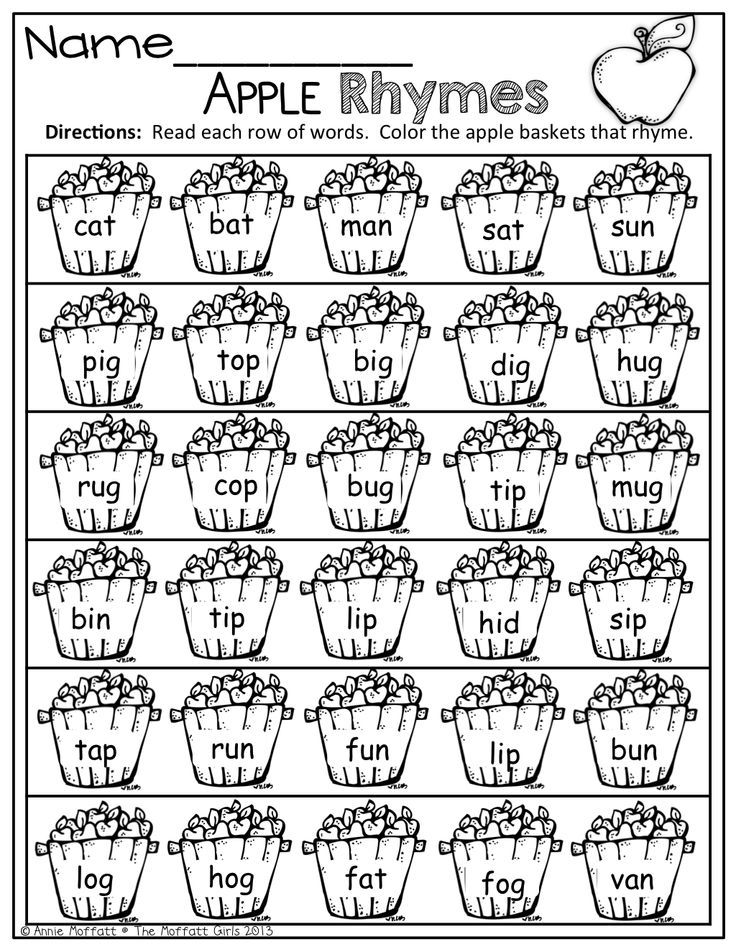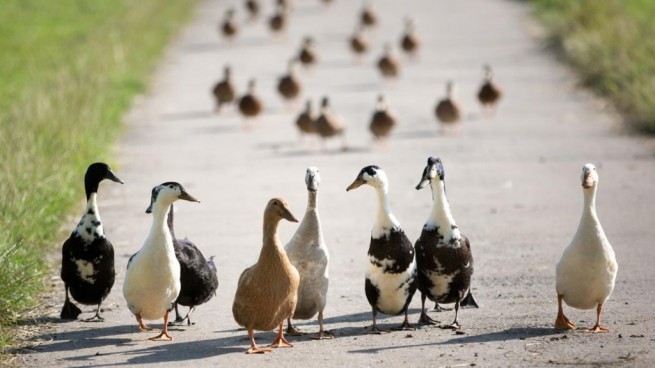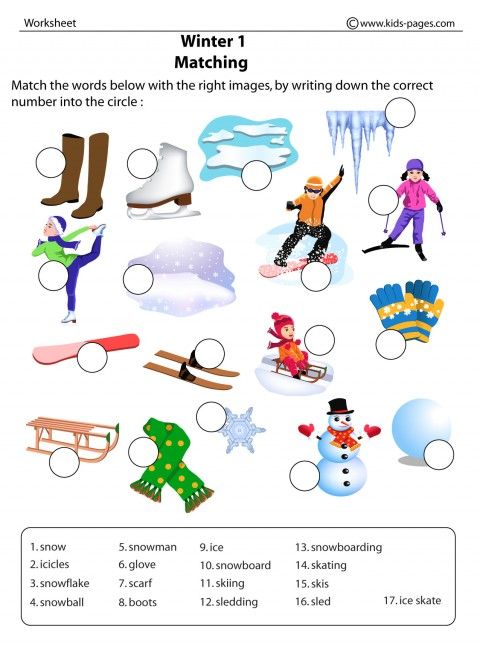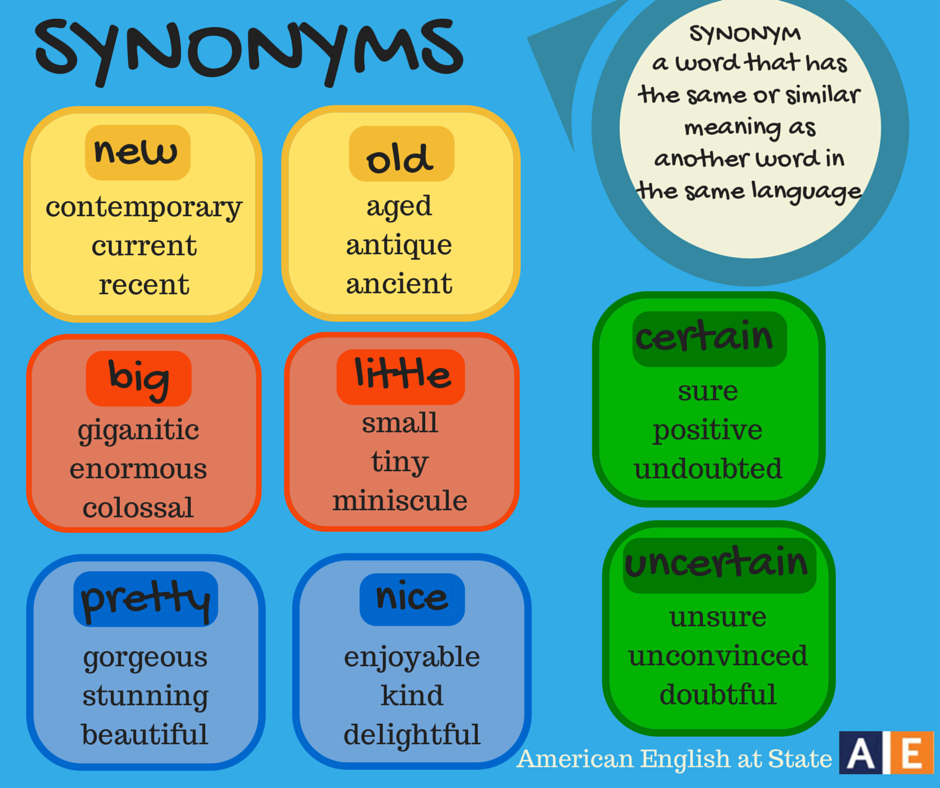Famous kids short stories
Classic Short Stories for Kids
This is a collection of famous classical short stories for kids that are available online. We have selected a variety of stories from different authors. The links go directly to the stories where they can be read online. You might also be interested in the poems for kids page.
- "The Lion and the Mouse" by Aesop
The Lion and the Mouse is a classic Aesop fable. A lion generously spares a mouse it was about to kill. The mouse promise to repay the lion some day. - "The Three Little Pigs" by Unknown
This fairy tale originates in England. Three pigs build homes but only one builds a home strong enough to withstand wolf attacks. - "Hansel and Gretel" by Brothers Grimm
"Hansel and Gretel" is a classic fairy tale about two abandoned children who encounter a witch in the forest. The witch lures the children in to her home with delicious food but she really intends to eat them. - "The Princess and the Pea" by Hans Christian Andersen
This fairy tale from by Hans Christian Andersen tells the story of a special test that can identify a real princess. The sensitivity test involves placing a pea underneath a stack of mattresses. - "The Ants and the Grasshopper" by Aesop
This classic Aesop fable is set in late fall. It follows a group of hardworking ants drying out the grain they had stored during the summer. They encounter a grasshopper who foolishly failed to store any food for the winter. - "How the Camel Got His Hump" by Rudyard Kipling
This tale from Rudyard Kipling's Just So Stories tells how the camel, fond of saying "Humph!", got his hump from an encounter with a djinn. - "A Kidnapped Santa Claus" by L. Frank Baum
The Land of Oz creator L. Frank Baum wrote this story about deamons that kidnap Santa Claus. Fortunately, Santa Claus has some help completing his toy deliveries. - "The Snow Image" by Nathaniel Hawthorne
A brother and sister make a snow girl that comes to life - a snow sister. She is so lifelike that their father insists on bringing the snow girl inside, which is a mistake.
She is so lifelike that their father insists on bringing the snow girl inside, which is a mistake. - "The Celebrated Jumping Frog of Calaveras County" by Mark Twain
Mark Twain wrote this short story in 1865. It was included in a short story collection. The story covers jumping frogs, cheating and betting. - "The Frog Prince" by Brothers Grimm
This classic Grimm fairy tale follows the story of a talking frog and a spoiled princess. - "The Reluctant Dragon" by Kenneth Grahame.
This tale tells the story of a boy who befriends a dragon. The dragon is discovered by the townspeople who send for St. George to slay it. The story was published in Grahame's Dream Days book. - "The Remarkable Rocket" by Oscar Wilde
This humorous short story tells the tale of an arrogant and boisterous rocket. The rocket thinks he is remarkable and better than all the other fireworks. - "The Bundle of Sticks" by Aesop
There are no animals in this Aesop fable.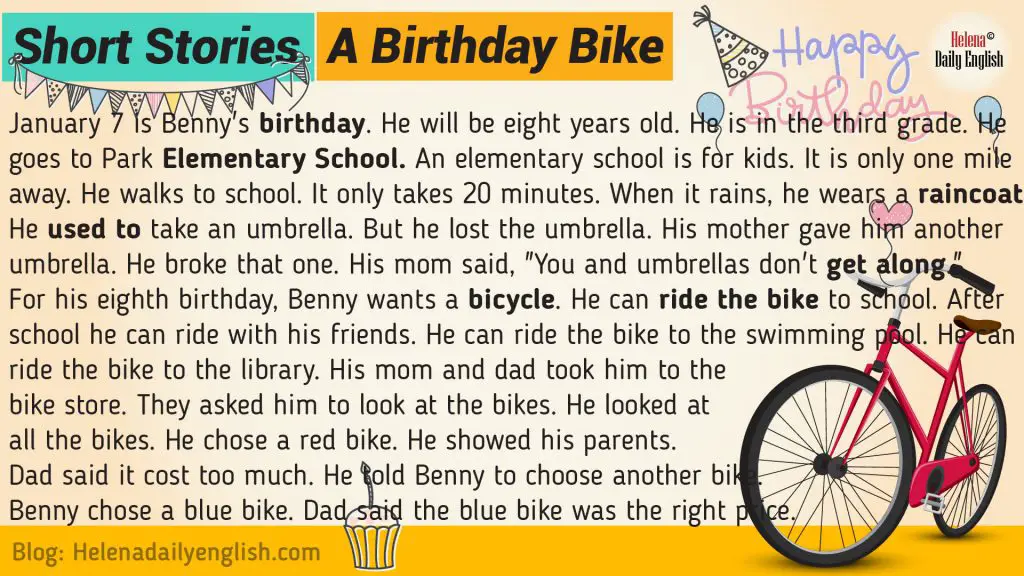 A father uses the concept of a bundle of sticks to teach the importance of unity and working together to his young sons.
A father uses the concept of a bundle of sticks to teach the importance of unity and working together to his young sons. - "The Elves and the Shoemaker" by Brothers Grimm
This fairy tale tells the story of a group of little elves that help a cobbler make shoes. There are multiple variations and translations of the tale. - "The Kite That Went to the Moon" by Evelyn Sharp
The story is part of Evelyn Sharp's short story collection, The Other Side of the Moon. A boy makes a giant kite and his friend draws a moon and stars on it. They are embarrassed when the kite doesn't fly. - "Snow White" by Brothers Grimm
The are variations on this fairy tale that was first published in 1812. As many children already know it involves a wicked, vain stepmother queen who is jealous and envious of the King's daughter, Snow White. - "The Ugly Duckling" by Hans Christian Andersen
This is a very clever fairy tale invented by Andersen that tells the story of a little bird that does not fit in and is teased by the other birds in the barnyard.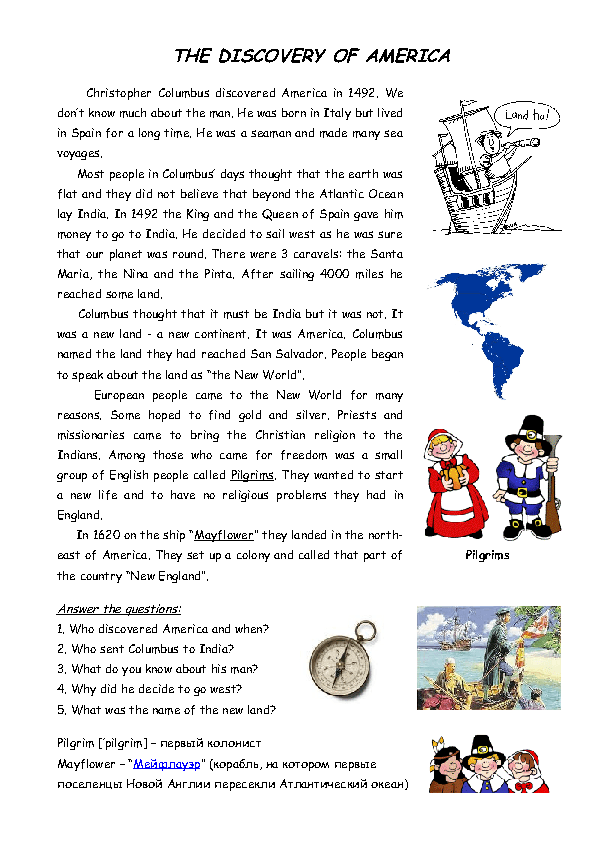
- "The Dog and His Refection" by Aesop
This Aesop fable teaches the foolishness of greed. A dog looking at his reflection in the water spies a bigger bone than the bone is carrying. - "The Bogey-Beast" by Flora Annie Steel (retold
This is an entertaining fairy tale about an optimistic poor, old woman who unknowingly encounters the Bogey-Beast when she finds a perfectly good black pot lying in a ditch.
20 Best Short Moral Stories for Kids (Valuable Lessons)
Want to expand your children’s vocabulary? Read to them. That’s all it takes — and there are other benefits to reading aloud to young children as well.
Reading to older children offers a great method to teach them life lessons in a way that they’ll understand. And it’s easier than ever to find these moral stories to read.
There is a large selection of short moral stories for kids online. They range from the classics like The Boy Who Cried Wolf, to somber ones talking about greed.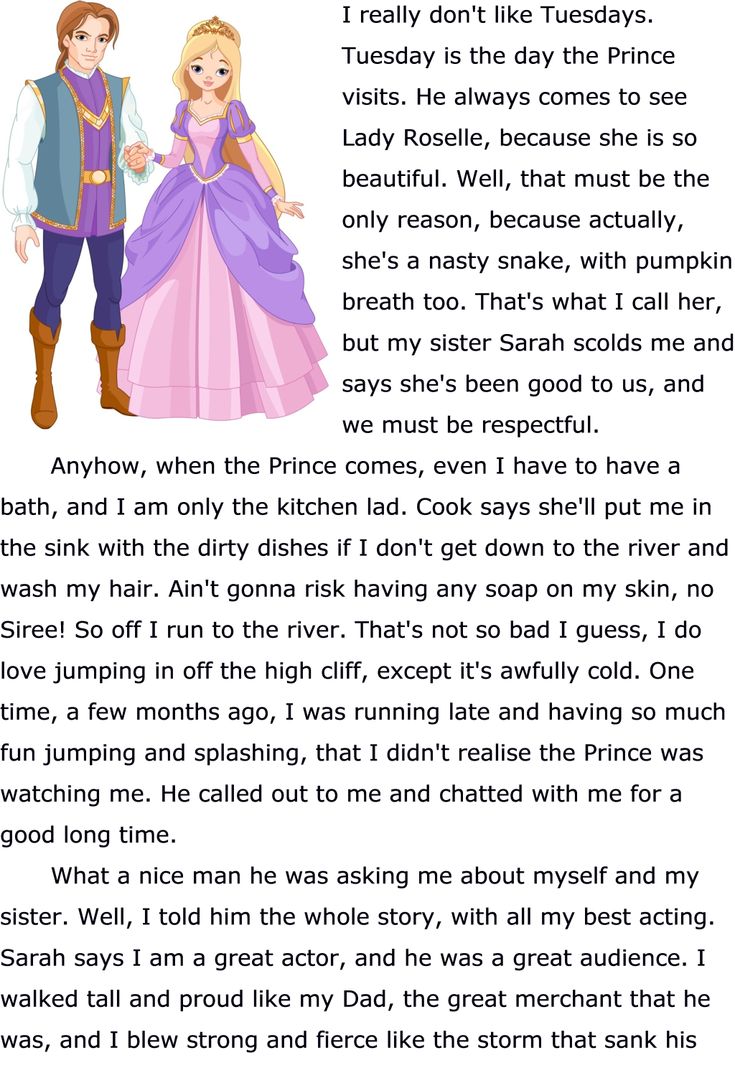 To help you out, we’ve gathered a selection of the most 20 popular stories.
To help you out, we’ve gathered a selection of the most 20 popular stories.
Table of Contents
- 20 Short Moral Stories For Kids
- How Moral Stories Benefit Children
- The Takeaway
20 Short Moral Stories For Kids
1. The Boy Who Cried Wolf
The Moral
Lying breaks trust — even if you’re telling the truth, no one believes a liar.
Once, there was a boy who became bored when he watched over the village sheep grazing on the hillside. To entertain himself, he sang out, “Wolf! Wolf! The wolf is chasing the sheep!”
When the villagers heard the cry, they came running up the hill to drive the wolf away. But, when they arrived, they saw no wolf. The boy was amused when seeing their angry faces.
“Don’t scream wolf, boy,” warned the villagers, “when there is no wolf!” They angrily went back down the hill.
Later, the shepherd boy cried out once again, “Wolf! Wolf! The wolf is chasing the sheep!” To his amusement, he looked on as the villagers came running up the hill to scare the wolf away.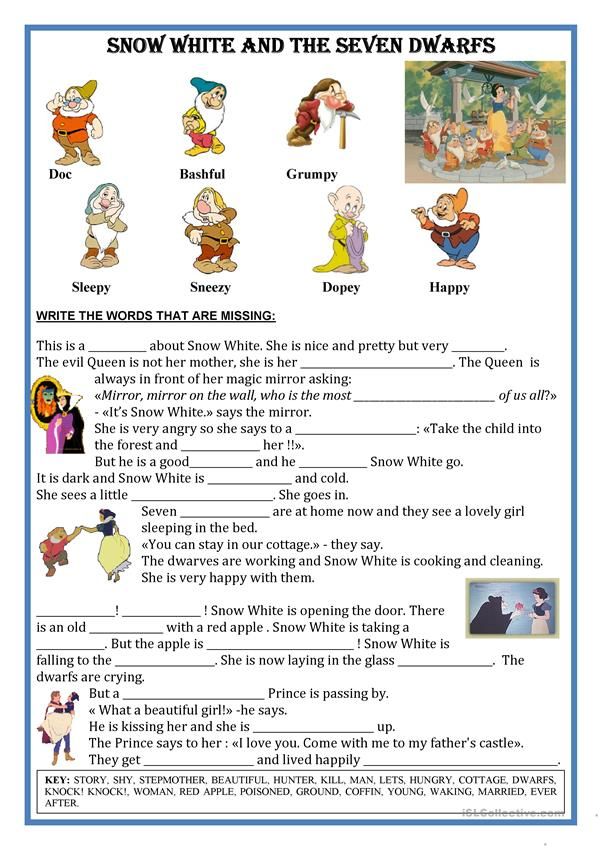
As they saw there was no wolf, they said strictly, “Save your frightened cry for when there really is a wolf! Don’t cry ‘wolf’ when there is no wolf!” But the boy grinned at their words while they walked grumbling down the hill once more.
Later, the boy saw a real wolf sneaking around his flock. Alarmed, he jumped on his feet and cried out as loud as he could, “Wolf! Wolf!” But the villagers thought he was fooling them again, and so they didn’t come to help.
At sunset, the villagers went looking for the boy who hadn’t returned with their sheep. When they went up the hill, they found him weeping.
“There really was a wolf here! The flock is gone! I cried out, ‘Wolf!’ but you didn’t come,” he wailed.
An old man went to comfort the boy. As he put his arm around him, he said, “Nobody believes a liar, even when he is telling the truth!”
2. The Golden Touch
The Moral
Greed will always lead to downfall.
There once was a king named Midas who did a good deed for a Satyr.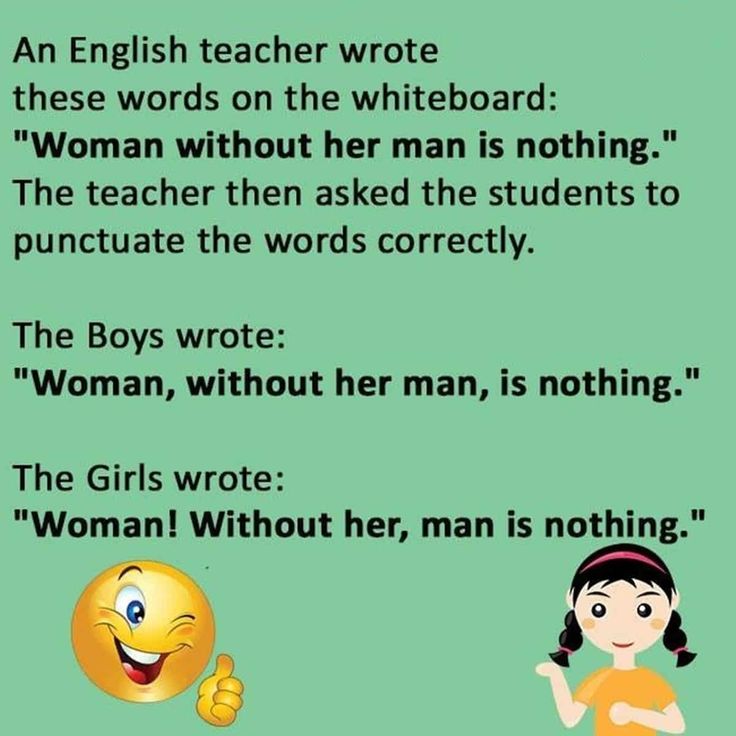 And he was then granted a wish by Dionysus, the god of wine.
And he was then granted a wish by Dionysus, the god of wine.
For his wish, Midas asked that whatever he touched would turn to gold. Despite Dionysus’ efforts to prevent it, Midas pleaded that this was a fantastic wish, and so, it was bestowed.
Excited about his newly-earned powers, Midas started touching all kinds of things, turning each item into pure gold.
But soon, Midas became hungry. As he picked up a piece of food, he found he couldn’t eat it. It had turned to gold in his hand.
Hungry, Midas groaned, “I’ll starve! Perhaps this was not such an excellent wish after all!”
Seeing his dismay, Midas’ beloved daughter threw her arms around him to comfort him, and she, too, turned to gold. “The golden touch is no blessing,” Midas cried.
3. The Fox and the Grapes
The Moral
Never despise what we can’t have; nothing comes easy.
One day, a fox became very hungry as he went to search for some food. He searched high and low, but couldn’t find something that he could eat.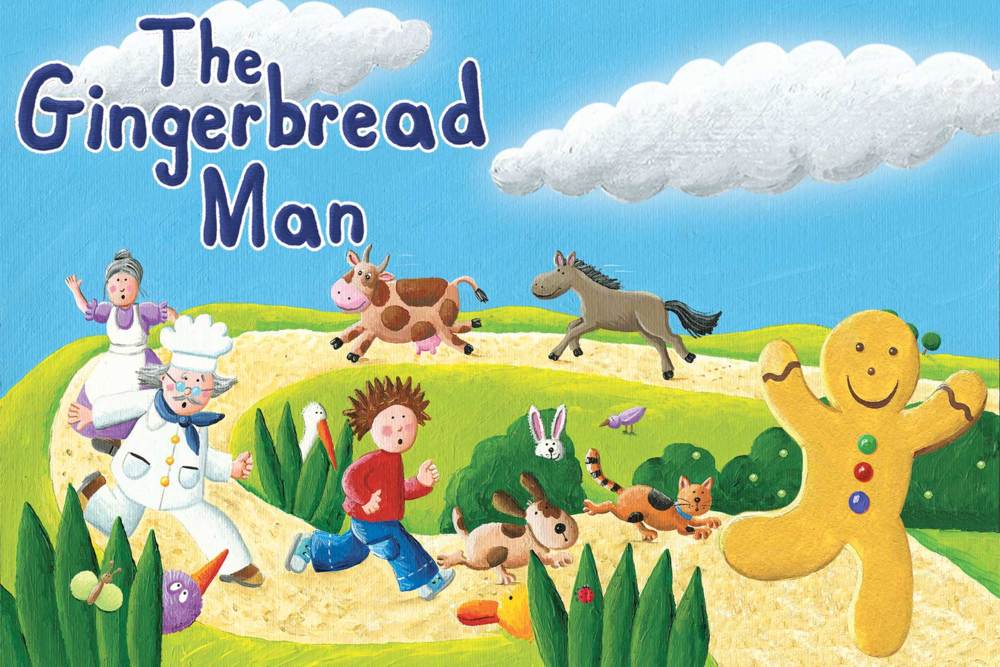
Finally, as his stomach rumbled, he stumbled upon a farmer’s wall. At the top of the wall, he saw the biggest, juiciest grapes he’d ever seen. They had a rich, purple color, telling the fox they were ready to be eaten.
To reach the grapes, the fox had to jump high in the air. As he jumped, he opened his mouth to catch the grapes, but he missed. The fox tried again but missed yet again.
He tried a few more times but kept failing.
Finally, the fox decided it was time to give up and go home. While he walked away, he muttered, “I’m sure the grapes were sour anyway.”
4. The Proud Rose
The Moral
Never judge anyone by the way they look.
Once upon a time, in a desert far away, there was a rose who was so proud of her beautiful looks. Her only complaint was growing next to an ugly cactus.
Every day, the beautiful rose would insult and mock the cactus on his looks, all while the cactus remained quiet. All the other plants nearby tried to make the rose see sense, but she was too swayed by her own looks.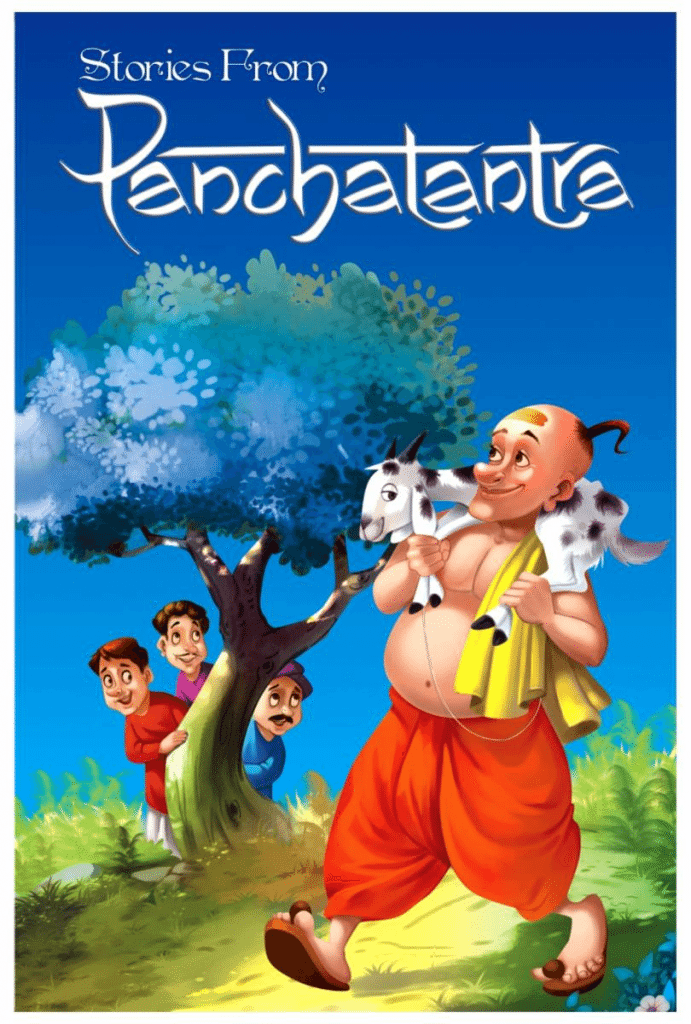
One scorching summer, the desert became dry, and there was no water left for the plants. The rose quickly began to wilt. Her beautiful petals dried up, losing their lush color.
Looking to the cactus, she saw a sparrow dip his beak into the cactus to drink some water. Though ashamed, the rose asked the cactus if she could have some water. The kind cactus readily agreed, helping them both through the tough summer, as friends.
5. The Milkmaid and Her Pail
The Moral
Don’t count your chickens before they hatch.
One day, Molly the milkmaid had filled her pails with milk. Her job was to milk the cows, and then bring the milk to the market to sell. Molly loved to think about what to spend her money on.
As she filled the pails with milk and went to market, she again thought of all the things she wanted to buy. As she walked along the road, she thought of buying a cake and a basket full of fresh strawberries.
A little further down the road, she spotted a chicken.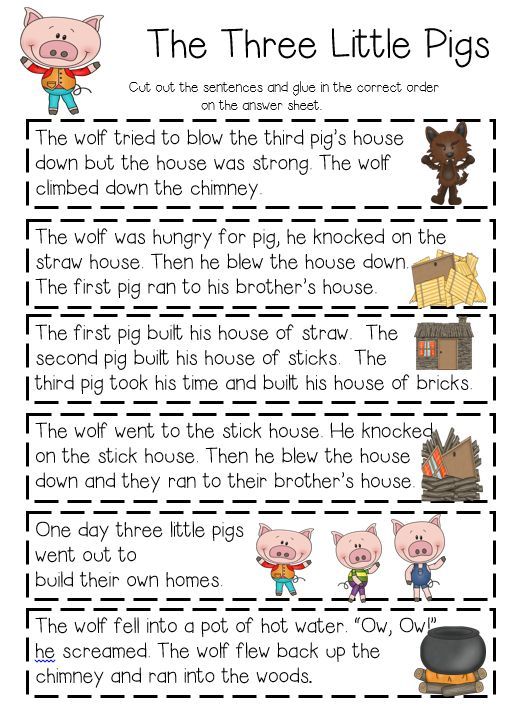 She thought, “With the money I get from today, I’m going to buy a chicken of my own. That chicken will lay eggs, then I will be able to sell milk and eggs and get more money!”
She thought, “With the money I get from today, I’m going to buy a chicken of my own. That chicken will lay eggs, then I will be able to sell milk and eggs and get more money!”
She continued, “With more money, I will be able to buy a fancy dress and make all the other milkmaids jealous.” Out of excitement, Molly started skipping, forgetting about the milk in her pails. Soon, the milk started spilling over the edges, covering Molly.
Drenched, Molly said to herself, “Oh no! I will never have enough money to buy a chicken now.” She went home with her empty pails.
“Oh, my goodness! What happened to you?” Molly’s mother asked.
“I was too busy dreaming about all the things I wanted to buy that I forgot about the pails,” she answered.
“Oh, Molly, my dear. How many times do I need to say, ‘Don’t count your chickens until they hatch?’”
6. A Wise Old Owl
The Moral
Be more observant. Talk less and listen more. This will make us wise.
There was an old owl who lived in an oak tree.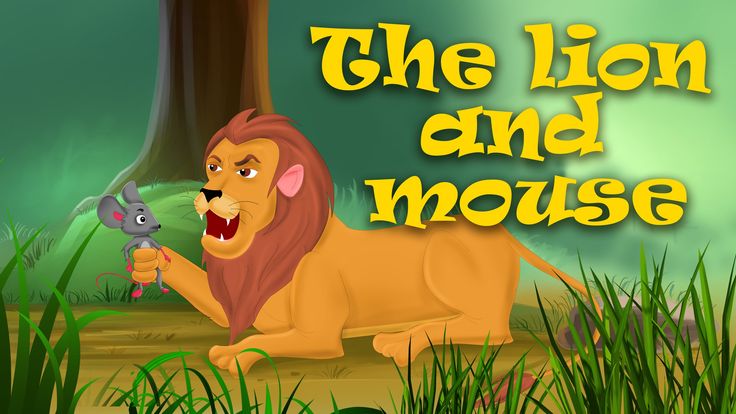 Every day, he observed incidents that occurred around him.
Every day, he observed incidents that occurred around him.
Yesterday, he watched as a young boy helped an old man carry a heavy basket. Today, he saw a young girl shouting at her mother. The more he saw, the less he spoke.
As the days went on, he spoke less but heard more. The old owl heard people talking and telling stories.
He heard a woman saying an elephant jumped over a fence. He heard a man saying that he had never made a mistake.
The old owl had seen and heard what happened to people. There were some who became better, some who became worse. But the old owl in the tree had become wiser, each and every day.
7. The Golden Egg
The Moral
Never act before you think.
Once upon a time, a farmer had a goose that laid one golden egg every day. The egg provided enough money for the farmer and his wife to support their daily needs. The farmer and his wife continued to be happy for a long time.
But, one day, the farmer thought to himself, “Why should we take just one egg a day? Why can’t we take them all at once and make a lot of money?” The farmer told his wife his idea, and she foolishly agreed.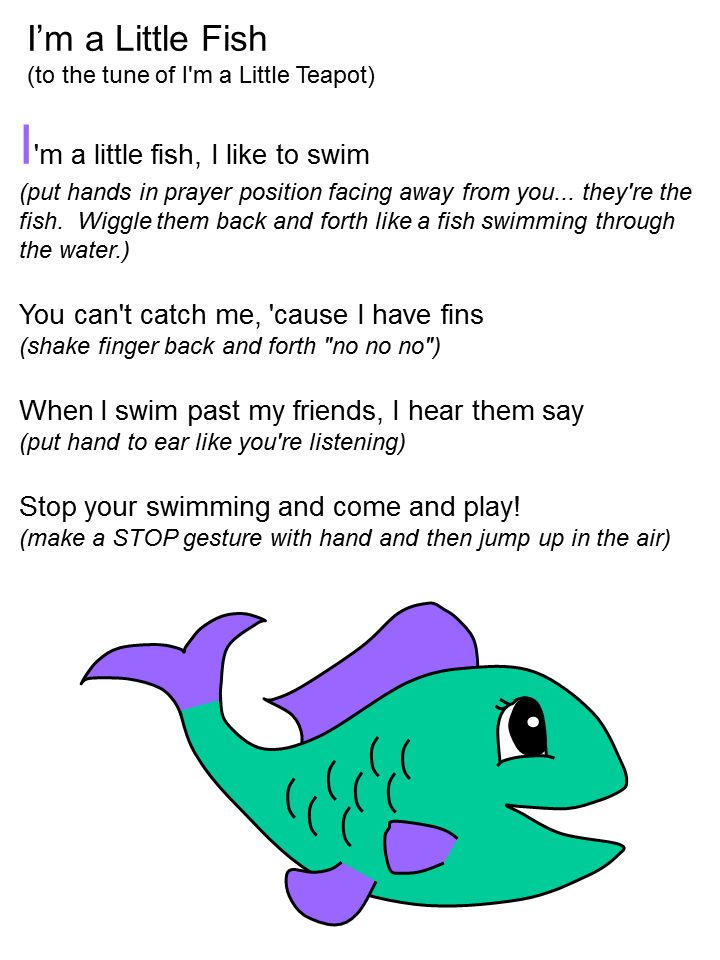
Then, the next day, as the goose laid its golden egg, the farmer was quick with a sharp knife. He killed the goose and cut its stomach open, in the hopes of finding all its golden eggs. But, as he opened the stomach, the only thing he found was guts and blood.
The farmer quickly realized his foolish mistake and proceeded to cry over his lost resource. As the days went on, the farmer and his wife became poorer and poorer. How jinxed and how foolish they were.
8. The Farmer and the Well
The Moral
Cheating will not get you anything. If you cheat, you’ll pay soon enough.
One day, a farmer was looking for a water source for his farm, when he bought a well from his neighbor. The neighbor, however, was cunning. The next day, as the farmer came to draw water from his well, the neighbor refused to let him take any water.
When the farmer asked why, the neighbor replied, “I sold you the well, not the water,” and walked away. Distraught, the farmer went to the emperor to ask for justice.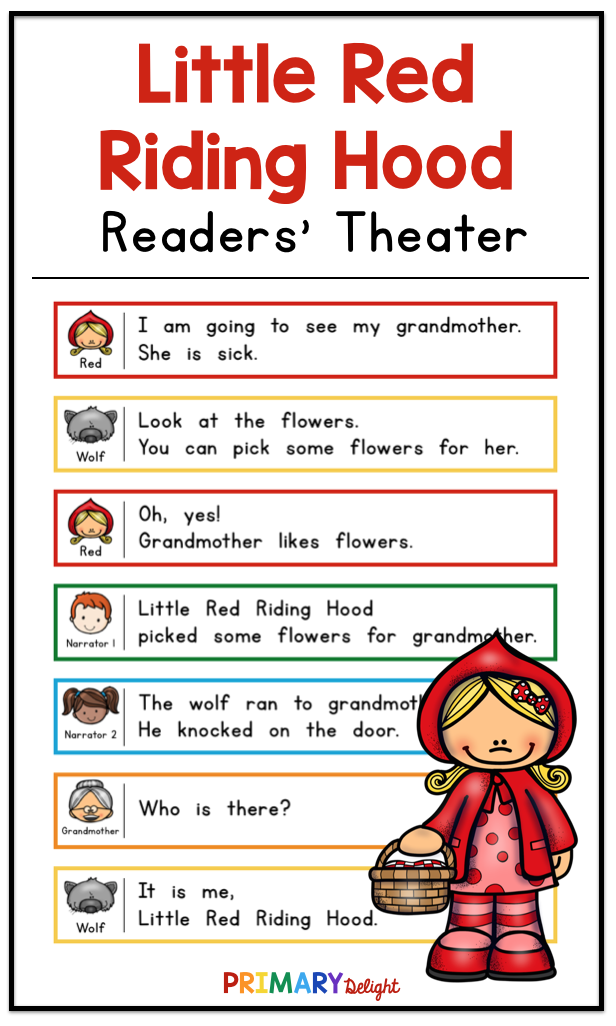 He explained what had happened.
He explained what had happened.
The emperor called on Birbal, one of his nine, and wisest, courtiers. Birbal proceeded to question the neighbor, “Why don’t you let the farmer take water from the well? You did sell the well to the farmer?”
The neighbor replied, “Birbal, I did sell the well to the farmer but not the water within it. He has no right to draw water from the well.”
Birbal said, “Look, since you sold the well, you have no right to keep the water in the farmer’s well. Either you pay rent to the farmer, or take it out immediately.” Realizing that his scheme had failed, the neighbor apologized and went home.
9. Elephant and Friends
The Moral
Friends come in every shape and size.
A lone elephant walked through the forest, looking for friends. She soon saw a monkey and proceeded to ask, ‘Can we be friends, monkey?’
The monkey quickly replied, ‘You are big and can’t swing on trees like I do, so I cannot be your friend.’
Defeated, the elephant continued to search when it stumbled across a rabbit.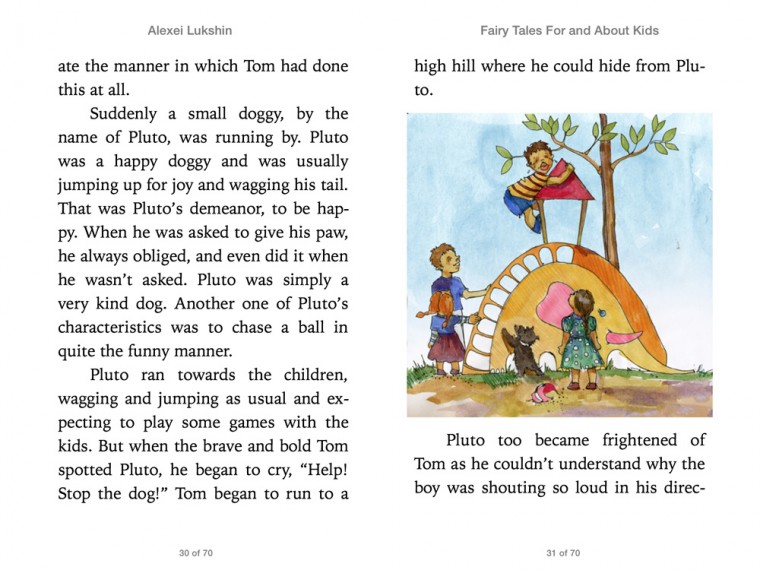 She proceeded to ask him, ‘Can we be friends, rabbit?’
She proceeded to ask him, ‘Can we be friends, rabbit?’
The rabbit looked at the elephant and replied, “You are too big to fit inside my burrow. You cannot be my friend.”
Then, the elephant continued until she met a frog. She asked, “Will you be my friend, frog?”
The frog replied, “You are too big and heavy; you cannot jump like me. I am sorry, but you can’t be my friend.”
The elephant continued to ask the animals she met on her way, but always received the same reply. The following day, the elephant saw all the forest animals run in fear. She stopped a bear to ask what was happening and was told the tiger was attacking all the small animals.
The elephant wanted to save the other animals, so she went to the tiger and said, “Please, sir, leave my friends alone. Do not eat them.”
The tiger didn’t listen. He merely told the elephant to mind her own business.
Seeing no other way, the elephant kicked the tiger and scared him away. Upon hearing of the brave tale, the other animals agreed, “You are just the right size to be our friend.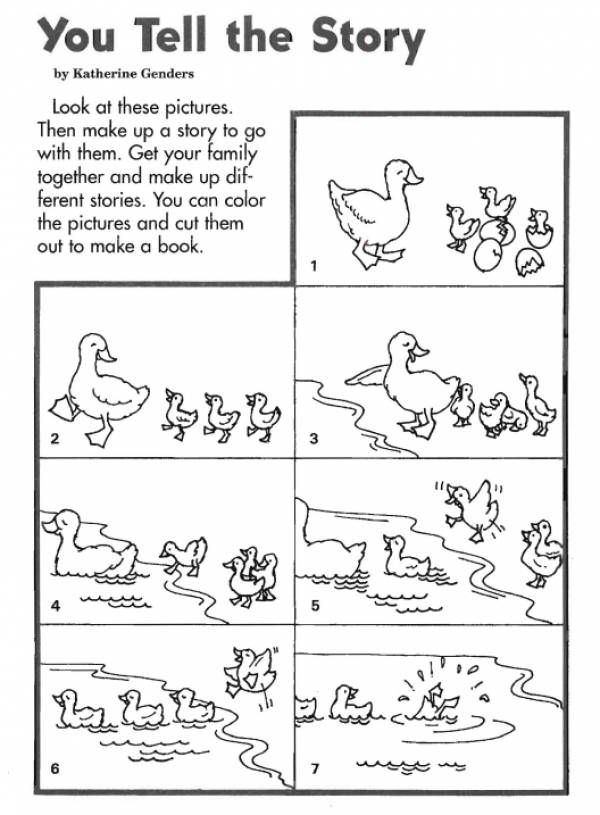 ”
”
10. When Adversity Knocks
The Moral
We can choose how to respond in difficult situations.
Asha was getting frustrated and tired of life, so she asked her father what to do. Her father told her to bring an egg, two tea leaves, and a potato. He then brought out three vessels, filled them with water, and placed them on the stove.
Once the water was boiling, he told Asha to place the items into each pot and keep an eye on them. After 10 minutes, he asked Asha to peel the egg, peel the potato, and strain the leaves. Asha was left confused.
Her father explained, “Each item was placed into the same circumstance, boiling water. See how each responded differently?”
He continued, “The egg was soft, but is now hard. The potato was hard, but is now soft. And the tea leaves, they changed the water itself.”
The father then asked, “When adversity calls, we respond in the same manner as they have. Now, are you an egg, a potato, or tea leaves?”
11.
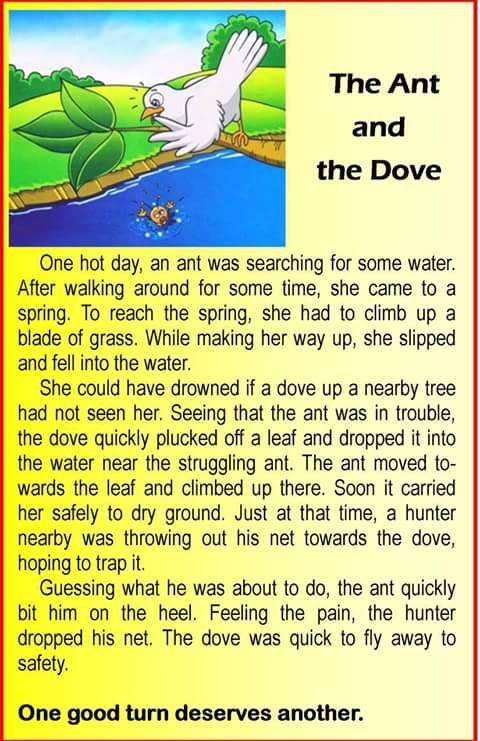 The Needle Tree
The Needle TreeThe Moral
It’s important to be kind, as it will always be rewarded.
Once, there were two brothers who lived at the forest’s edge. The oldest brother was always unkind to his younger brother. The older brother took all the food and snatched all the good clothes.
The oldest brother used to go into the forest in search of firewood to sell in the market. As he walked through the forest, he chopped off the branches of every tree, until he came upon a magical tree.
The tree stopped him before he chopped its branches and said, ‘Oh, kind sir, please spare my branches. If you spare me, I will provide you with golden apples.’
The oldest brother agreed but was feeling disappointed with how many apples the tree gave him.
Overcome by greed, the brother threatened to cut the entire tree if it didn’t provide him with more apples. But, instead of giving more apples, the tree showered him with hundreds of tiny needles. The brother fell to the ground, crying in pain as the sun began to set.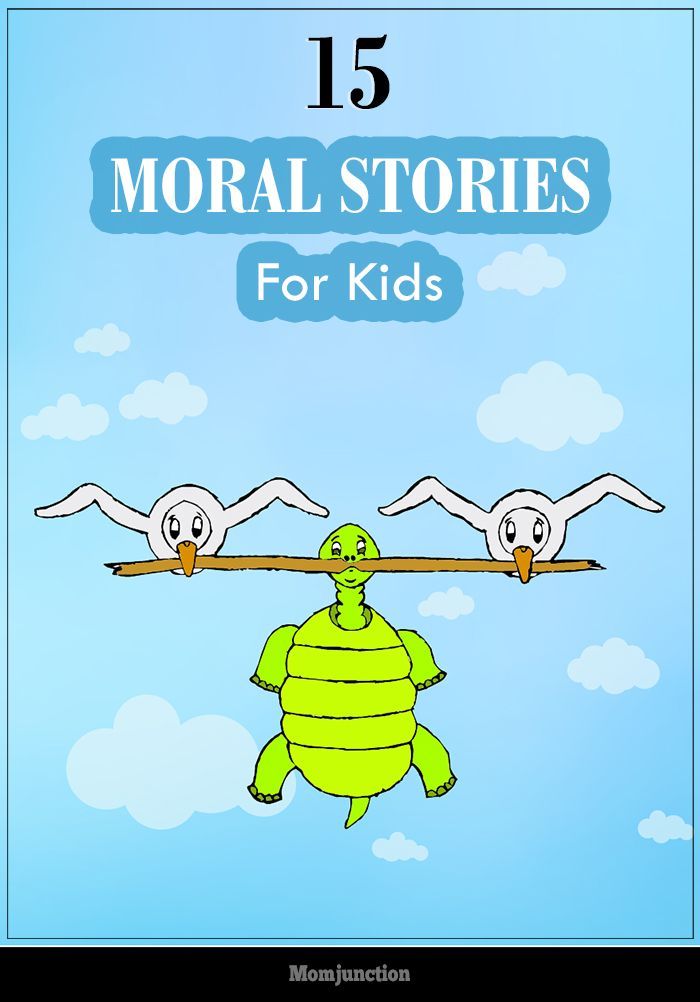
Soon, the younger brother became worried and went to search for his older brother. He searched until he found him at the trunk of the tree, lying in pain with hundreds of needles on his body.
He rushed to him and started to painstakingly remove each needle with love. Once the needles were out, the oldest brother apologized for treating his younger brother so badly. The magical tree saw the change in the older brother’s heart and gifted them with all the golden apples they could need.
12. A Glass of Milk
The Moral
No good deed goes unrewarded.
There once was a poor boy who spent his days going door-to-door selling newspapers to pay for school. One day, as he was walking his route, he started feeling low and weak. The poor boy was starving, so he decided to ask for food when he came to the next door.
The poor boy asked for food but was denied every time, until he reached the door of a girl. He asked for a glass of water, but seeing his poor state, the girl came back with a glass of milk.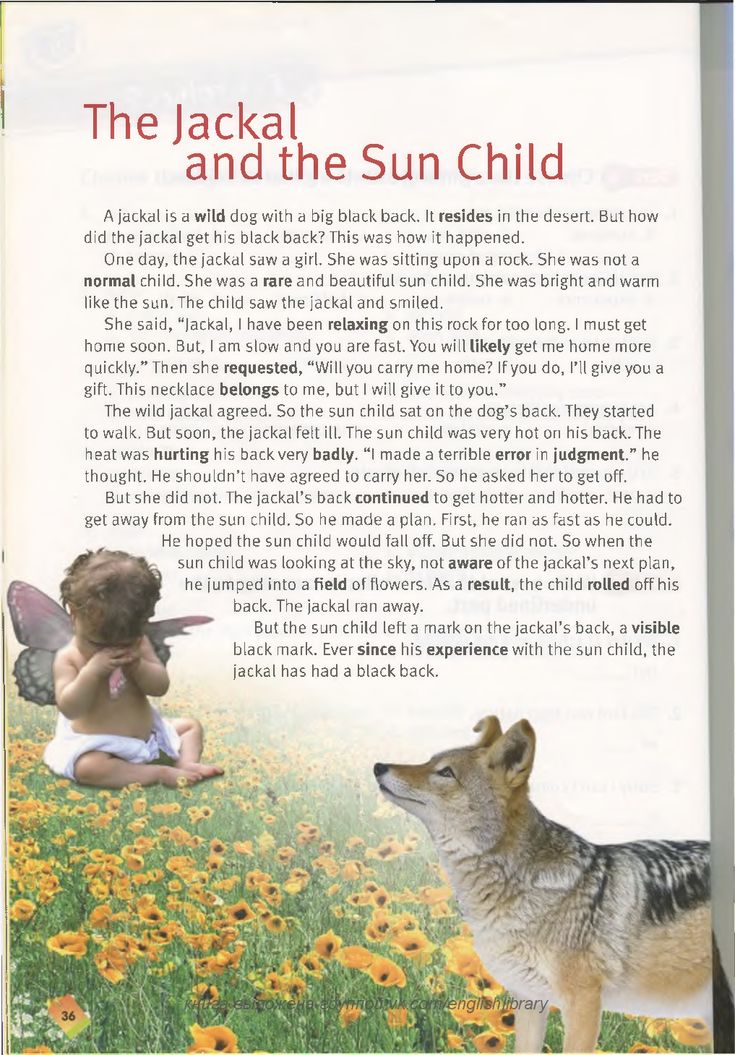 The boy asked how much he owed her for the milk, but she refused payment.
The boy asked how much he owed her for the milk, but she refused payment.
Years later, the girl, who was now a grown woman, fell sick. She went from doctor to doctor, but no one was able to cure her. Finally, she went to the best doctor in town.
The doctor spent months treating her until she was finally cured. Despite her happiness, she was afraid she couldn’t afford to pay the bill. But, when the hospital handed her the bill, it read, ‘Paid in full, with a glass of milk.’
13. The Ants and the Grasshopper
The Moral
There’s a time for work and a time for play.
One bright autumn day, a family of ants was busy working in the warm sunshine. They were drying out the grain they had stored up during the summer when a starving grasshopper came up. With his fiddle under his arm, the grasshopper humbly begged for a bite to eat.
“What!” cried the ants, “Haven’t you stored any food away for the winter? What in the world were you doing all summer?”
“I didn’t have time to store any food before winter,” the grasshopper whined.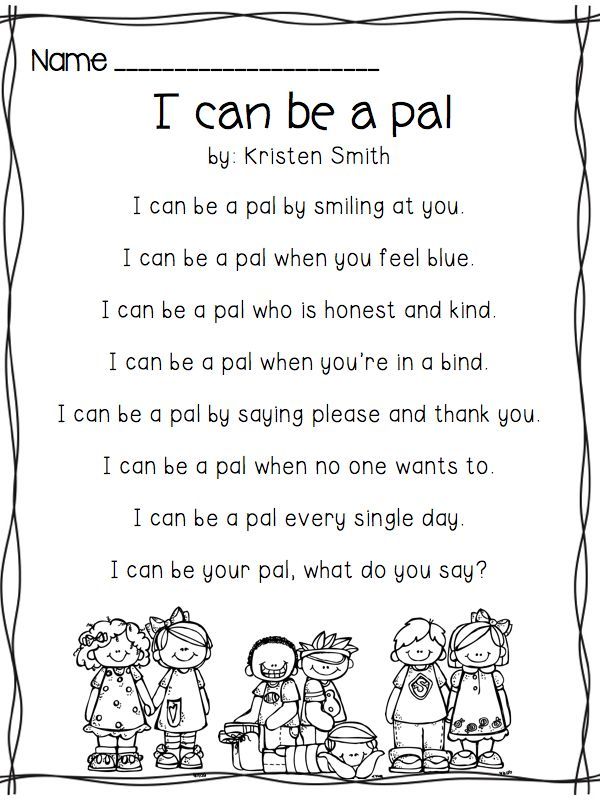 “I was too busy making music that the summer flew by.”
“I was too busy making music that the summer flew by.”
The ants simply shrugged their shoulders and said, “Making music, were you? Very well, now dance!” The ants then turned their backs on the grasshopper and returned to work.
14. The Bundle of Sticks
The Moral
There’s strength in unity.
Once upon a time, there was an old man who lived in a village with his three sons. Although his three sons were hard workers, they quarreled all the time. The old man tried to unite them but failed.
Months passed by, and the old man became sick. He asked his sons to remain united, but they failed to listen to him. At that moment, the old man decided to teach them a lesson — to forget their differences and come together in unity.
The old man summoned his sons, then proceeded to tell them, “I will provide you with a bundle of sticks. Separate each stick, and then break each into two. The one who finishes first will be rewarded more than the others.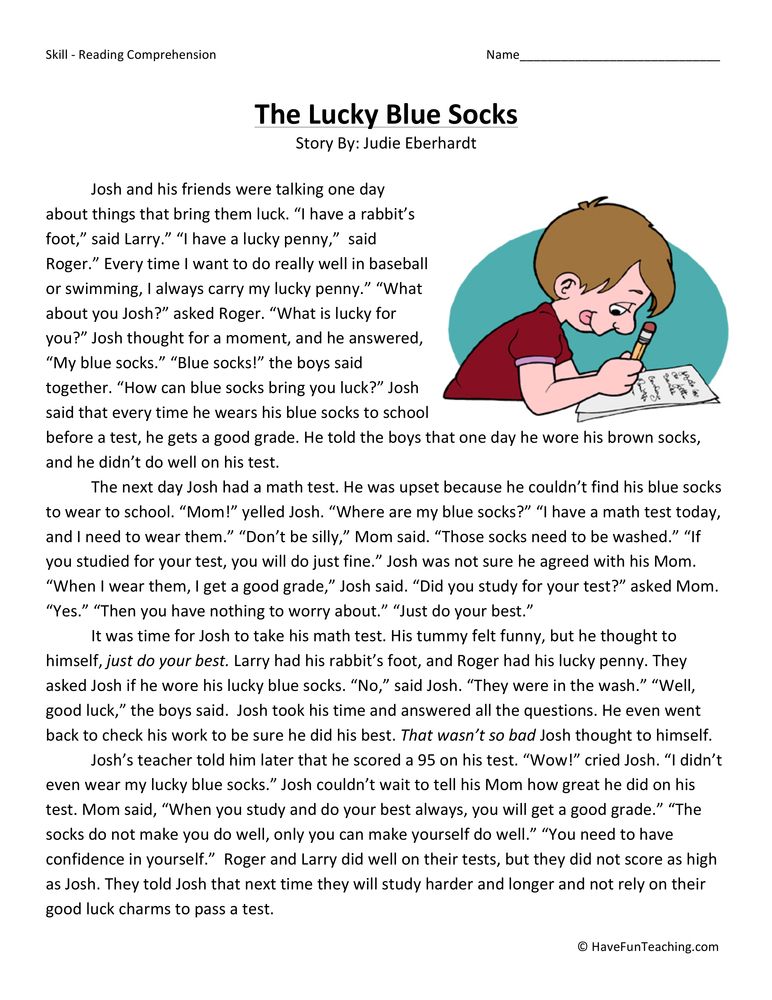 ”
”
And so, the sons agreed. The old man provided them with a bundle of ten sticks each, and then asked the sons to break each stick into pieces. The sons broke the sticks within minutes, then proceeded to quarrel among themselves again.
The old man said, “My dear sons, the game is not yet over. I will now give you another bundle of sticks. Only this time, you will have to break them together as a bundle, not separately.”
The sons readily agreed and then tried to break the bundle. Despite trying their best, they could not break the sticks. The sons told their father of their failure.
The old man said, “My dear sons, see! Breaking every single stick individually was easy for you, but breaking them in a bundle, you could not do. By staying united, nobody can harm you. If you continue to quarrel, then anyone can quickly defeat you.”
The old man continued, “I ask that you stay united.” Then, the three sons understood there’s power in unity, and promised their father they would all stay together.
15. The Bear and the Two Friends
The Moral
A true friend will always support and stand by you in any situation.
One day, two friends were walking through the forest. They knew the forest was a dangerous place and that anything could happen. So, they promised to remain close to each other in case of any danger.
All of a sudden, a big bear was approaching them. One of the friends quickly climbed a nearby tree, leaving the other friend behind.
The other friend did not know how to climb, and instead, followed common sense. He laid down on the ground and remained there, breathless, pretending to be dead.
The bear approached the friend lying on the ground. The animal started to smell his ear before slowly wandering off again because bears never touch those who are dead.
Soon, the friend who hid in the tree came down. He asked his friend, “My dear friend, what secret did the bear whisper to you?” The friend replied, “The bear simply advised me never to believe a false friend.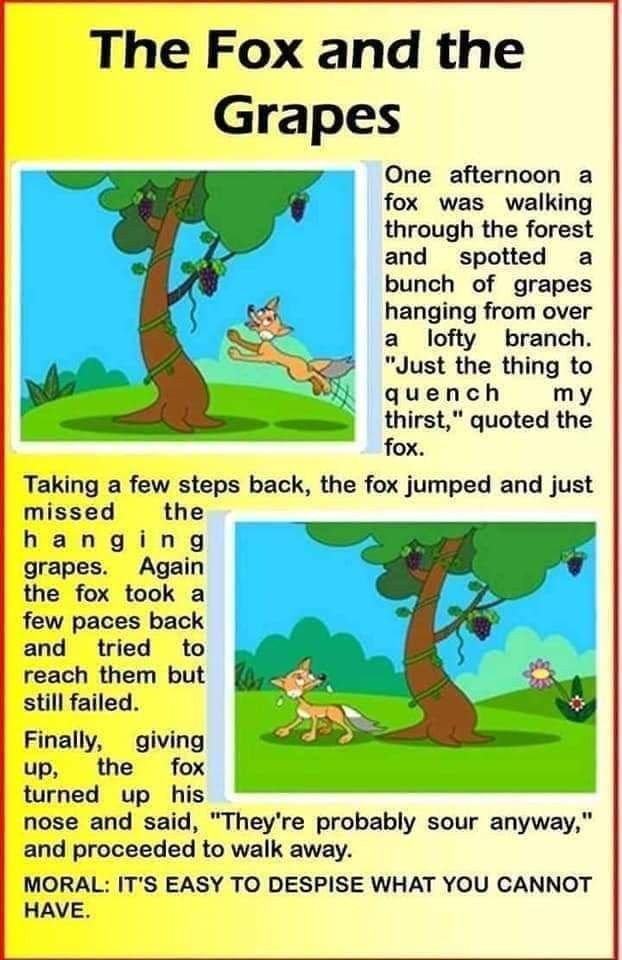 ”
”
16. The Miser and His Gold
The Moral
A possession is as important as what it’s used for.
There once was an old miser who lived in a house with a garden. The old miser used to hide all his gold coins under stones in his garden.
Every night, before he went to bed, the miser went out into his garden to count his coins. He continued the same routine every day, but he never spent a single, golden coin.
One day, a thief saw the old miser hiding his coins. Once the old miser went back into his house, the thief went to the hiding place and took all the gold.
The following day, as the old man came out to count his coins, he found it was gone and started wailing loudly. His neighbor heard the cries and came running, asking what had happened. Upon learning what had occurred, the neighbor asked, “Why didn’t you just save the money inside your house where it would’ve been safe?”
The neighbor continued, “Having it inside the house would make it easier to access when you need to buy something. ” “Buy something?” answered the miser, “I was never going to spend my gold.”
” “Buy something?” answered the miser, “I was never going to spend my gold.”
When hearing this, the neighbor picked up a stone and threw it. Then, he said, “If that’s the case, then save the stone. It’s as worthless as the gold you’ve lost.”
17. The Dog At the Well
The Moral
Always listen to what elders say and don’t defy them.
A mother dog and her pups lived on a farm. On the farm, there was a well. The mother dog always told her pups never to go near or play around it.
One day, one of the pups was overcome by curiosity and wondered why they weren’t allowed to go near the well. So, he decided he wanted to explore it.
He went down to the well and climbed up the wall to peek inside. In the well, he saw his reflection in the water but thought it was another dog. The little pup got angry when his reflection was imitating him, so he decided to fight it.
The little pup jumped into the well, only to find there was no dog. He began to bark and bark until the farmer came to rescue him.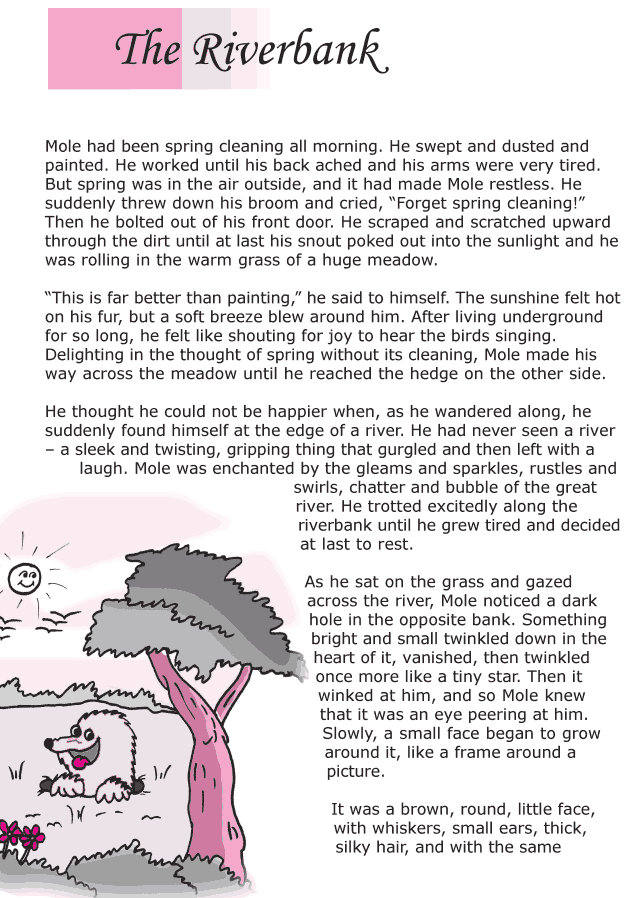 The pup had learned his lesson and never went back to the well again.
The pup had learned his lesson and never went back to the well again.
18. Controlling Anger
The Moral
Anger is like a knife — one of the most dangerous weapons. When you use it, the wounds will heal, but the scars remain.
Once, there was a young boy. This boy had problems controlling his anger. When he got angry, he would say the first thing that came to mind, even if it affected people.
One day, his father gifted him a hammer and a bundle of nails, then said, “Whenever you get mad, hammer a nail into the backyard fence.”
In the first days, the boy used up half of the nails. Over the next weeks, he used up fewer nails, until his temper was under control. Then, his father asked the young boy to remove a nail for each day he didn’t lose his temper.
On the day when the boy removed his last nail, his father told him, “You have done good, boy. But, can you see the holes in the wall? The fence is never going to be the same. Likewise, when you say mean things in anger, you’ll leave a scar.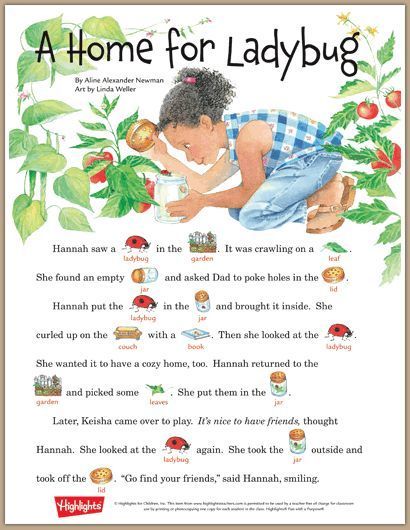 ”
”
19. The Leap at Rhodes
The Moral
It’s the deeds that count, not the boasting words.
Once, there was a man who visited foreign lands. When he returned, all he could talk about was the wonderful adventures he had and the great deeds he had done.
One of the feats he told was about a leap he made in a city called Rhodes.
“The leap was so great,” the man said. “No other man can make such a leap. Many persons in Rhodes saw me and can prove I am telling the truth.”
“No need for witnesses,” said one who was listening. “Suppose that this city is Rhodes, now show how far you can jump.”
20. The Wolf and the Sheep
The Moral
A person’s ulterior motives are easy to spot if someone is paying attention.
A wolf had gotten seriously hurt during a fight with a bear. He wasn’t able to move, and so, could not satisfy his thirst or hunger.
One day, a sheep passed by his hiding place, and so the wolf decided to call out to him.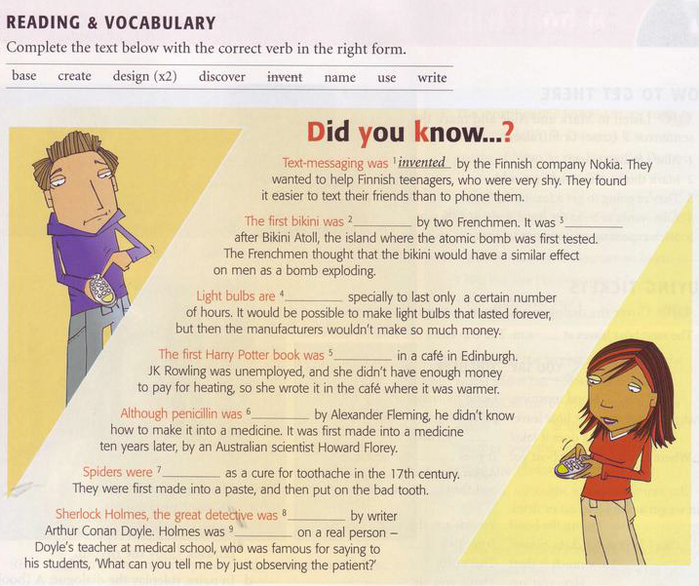 “Please fetch me some water,” said the wolf. “That might give me some strength to get some solid food.”
“Please fetch me some water,” said the wolf. “That might give me some strength to get some solid food.”
“Solid food!” the sheep said. “I suppose that means me. If I brought you something to drink, it would merely be to wash me down. Don’t speak to me about fetching a drink.”
How Moral Stories Benefit Children
Moral stories offer several benefits for children of all ages. They work to engage your child’s imagination, are entertaining, and can make your little one smile. Short moral stories work well at getting your child’s attention, keeping them focused during the length of the story.
However, the best moral stories will also teach a truth to your child. Children, especially younger ones, love repetition, and with moral stories, that’s the whole point. The more you read the same moral stories, the more your child will familiarize with the story and the moral lesson (1).
Reading Tip
When you read the story, remember to discuss the situations and events that occur, if your child is old enough.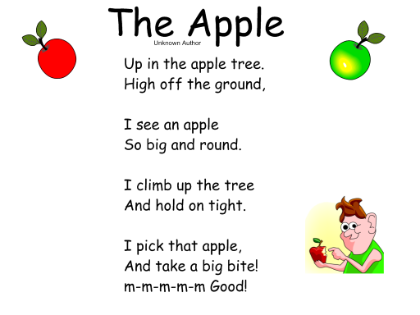 This is an excellent teachable moment, as well as providing an opportunity for bonding (2).
This is an excellent teachable moment, as well as providing an opportunity for bonding (2).
The Takeaway
Short moral stories for kids are fantastic for teaching valuable life lessons in a fun way children can understand. Short stories work well as they’re just long enough for your child to concentrate.
There’s a large selection of great stories online, and here you have 20 examples to get you started. When reading the story, try to discuss the content afterward with your child.
Feedback: Was This Article Helpful?
Thank You For Your Feedback!
Thank You For Your Feedback!
What Did You Like?
What Went Wrong?
TOP 10 children's books that everyone needs to read
TOP 10 children's books that everyone needs to readOorfene Deuce and his wooden soldiers
A photo: philologist.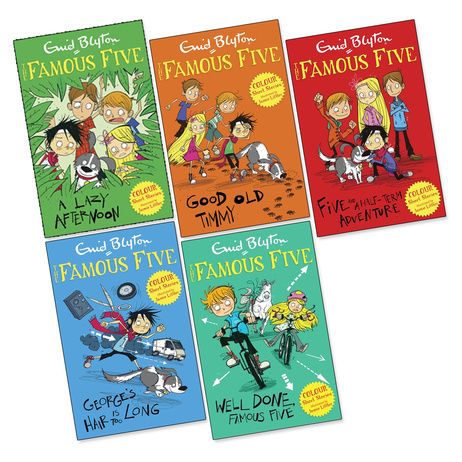 livejournal.com
livejournal.com
Harry Potter
A photo: dnevniki.ykt.ru
Alice in Wonderland
A photo: vsegda-tvoj.livejournal.com
Moomin
A photo: en.wikipedia.org
The Chronicles of Narnia
A photo: nevsepic.com.ua
Urfin Deuce and his wooden soldiers
A photo: philologist.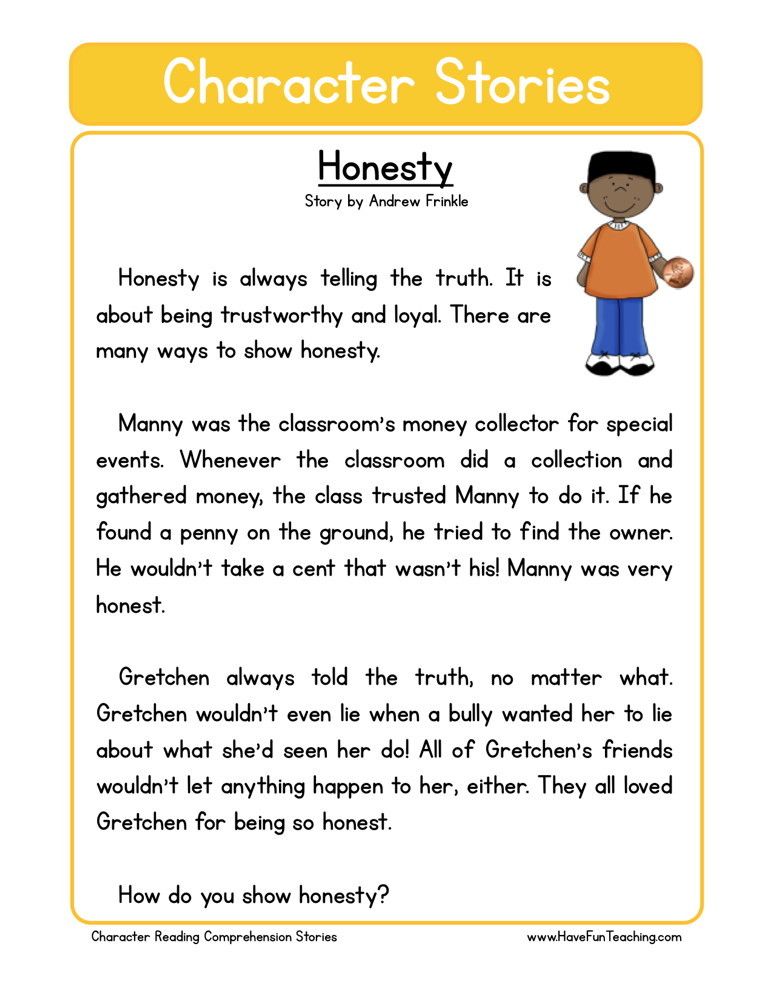 livejournal.com
livejournal.com
Deniska's stories
A photo: labyrinth.ru
Oorfene Deuce and his wooden soldiers
A photo: philologist.livejournal.com
The Golden Key, or the Adventures of Pinocchio
A photo: lotussoft.biz
Oorfene Deuce and His Wooden Soldiers (1963)
The second book in the Magical Land series written by Alexander Volkov. If the first part, The Wizard of the Emerald City, relied on the American Layman Baum's fairy tale about the land of Oz, then the story of Oorfene and all subsequent ones are exclusively Volkov's imagination. Events unfold after the death of the sorceress Gingema. Oorfene Deuce, a carpenter and her former assistant, declares herself the successor, revives an army of hand-carved wooden soldiers, and captures the Emerald City. He is helped by a revived bear skin and a wooden clown. The familiar company will confront the villain - Ellie, the Tin Woodman, the Scarecrow and the Bold Lion. Illustrations for Volkov's books were created by the artist Leonid Vladimirsky, the girl Ellie looks like his daughter. In the spring of 2017, a full-length cartoon from the Melnitsa studio was released.
If the first part, The Wizard of the Emerald City, relied on the American Layman Baum's fairy tale about the land of Oz, then the story of Oorfene and all subsequent ones are exclusively Volkov's imagination. Events unfold after the death of the sorceress Gingema. Oorfene Deuce, a carpenter and her former assistant, declares herself the successor, revives an army of hand-carved wooden soldiers, and captures the Emerald City. He is helped by a revived bear skin and a wooden clown. The familiar company will confront the villain - Ellie, the Tin Woodman, the Scarecrow and the Bold Lion. Illustrations for Volkov's books were created by the artist Leonid Vladimirsky, the girl Ellie looks like his daughter. In the spring of 2017, a full-length cartoon from the Melnitsa studio was released.
Alice in Wonderland (1865)
A fairy tale written by the English mathematician Charles Lutwidge Johnson (aka Lewis Carroll).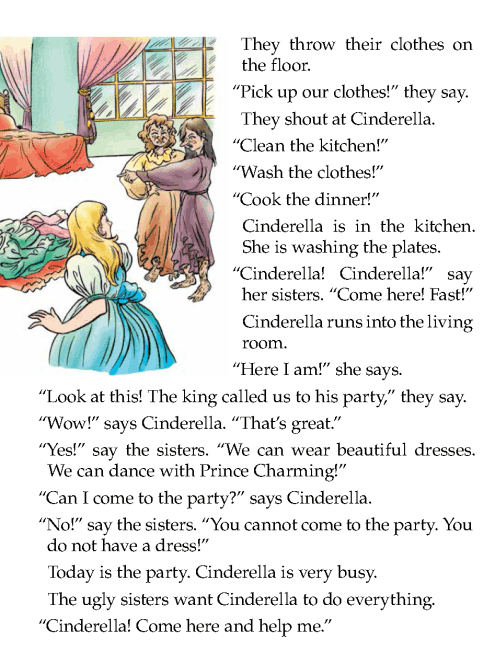 Good for children and especially good if re-read as an adult: familiar adventures are overgrown with additional meanings, philosophical jokes and allusions. Still, after all, "Alice" is one of the best examples of literature in the genre of the absurd, and concurrently - the progenitor of the many-sided fantasy genre. The first illustrations for the fairy tale were created by the author himself, but the black-and-white drawings of the cartoonist John Tenniel are considered canonical.
Good for children and especially good if re-read as an adult: familiar adventures are overgrown with additional meanings, philosophical jokes and allusions. Still, after all, "Alice" is one of the best examples of literature in the genre of the absurd, and concurrently - the progenitor of the many-sided fantasy genre. The first illustrations for the fairy tale were created by the author himself, but the black-and-white drawings of the cartoonist John Tenniel are considered canonical.
Moomintrolls (1945 - 1993)
Funny Moomin trolls and the whole Moomin Valley, inhabited by other extraordinary characters, were invented by the Finnish writer Tove Jansson. She also left dozens of drawings that clearly illustrate some of the adventures of the descendants of the Scandinavian trolls, and later drew comics about the Moomins.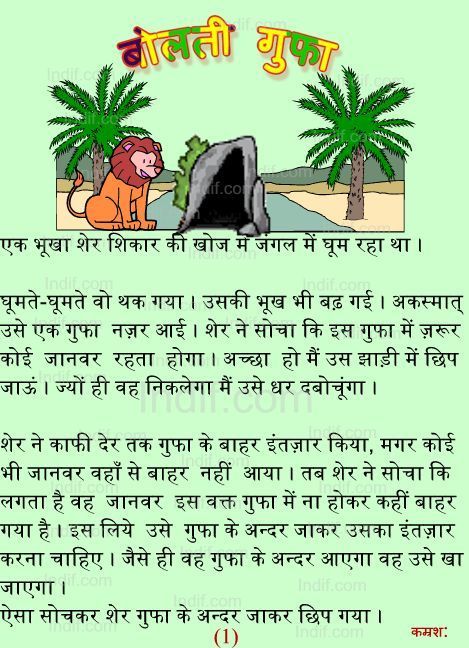 Books are imbued with goodness, humor and optimism, and some quotes want to be hung on the wall. For example, this one: "Everyone needs warmth and light, even Morra." There are many adaptations, including a series of Soviet puppet cartoons.
Books are imbued with goodness, humor and optimism, and some quotes want to be hung on the wall. For example, this one: "Everyone needs warmth and light, even Morra." There are many adaptations, including a series of Soviet puppet cartoons.
Chronicles of Narnia (1950 - 1956)
During the bombing of London in 1940, four Pevensie children are evacuated to the home of an old family friend. There, playing hide and seek, the younger girl Lucy hides in the Wardrobe and finds her way to Narnia, a magical land where animals can talk and magic is as natural as breathing. The cycle includes seven books published since 1950 to 1956. The stories contain Christian ideas. In the head of the author, Clive Lewis, it all began with images of a faun carrying an umbrella, a queen on a sleigh, and a magnificent lion.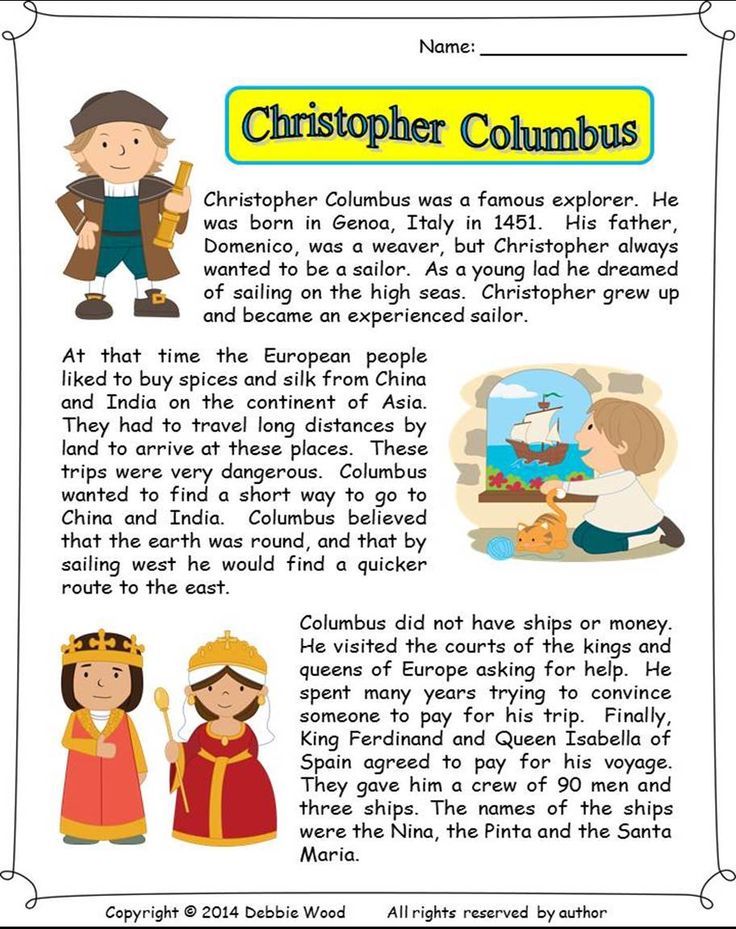
Harry Potter (1997 - 2016)
The most famous modern fairy tale that managed to tear children away from TVs and computers and put them back to reading. And voluntarily and for a long time. Consists of seven parts, full of magical adventures that gradually become darker and more dangerous. It all starts with a boy named Harry, who one day finds out that he is a wizard. Then there will be years of study at the Hogwarts School of Witchcraft and Wizardry, the first flights on a broom, circulating potions, forays into the Forbidden Forest, dangerous magical competitions and a constant struggle with evil forces. Written by British writer JK Rowling. The first print run was only 1,000 copies.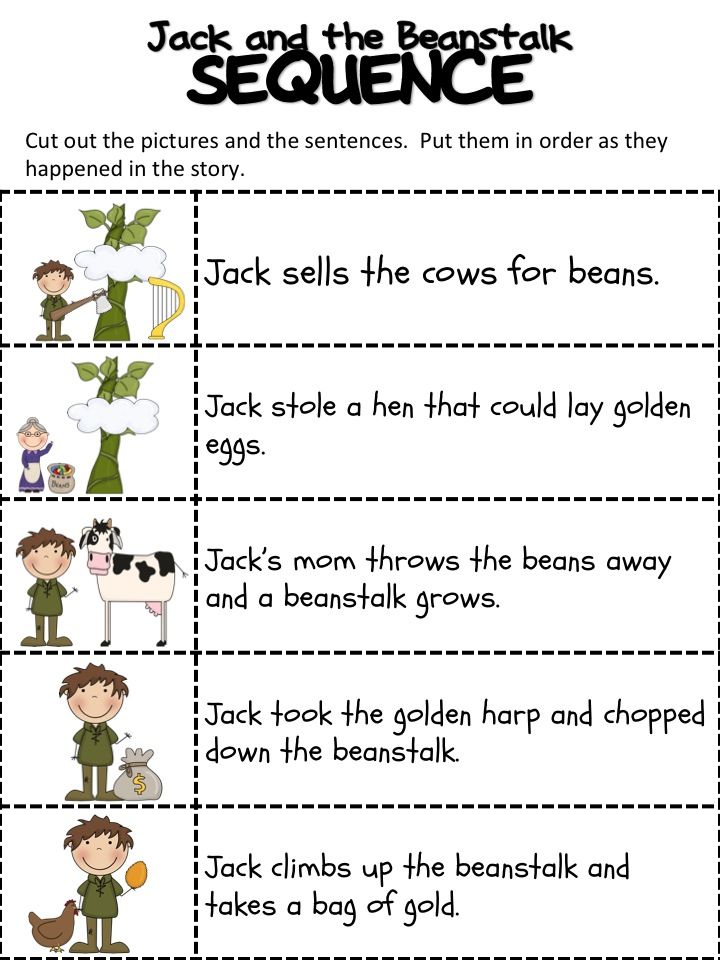 The total circulation of all books is more than 300 million copies. The most famous series of illustrations was created by the artist Jim Kay.
The total circulation of all books is more than 300 million copies. The most famous series of illustrations was created by the artist Jim Kay.
Deniska stories (1959)
A book by the Soviet writer Viktor Dragunsky, which must be given to children. It was included in the list of "100 books for schoolchildren", but more importantly, the fact that it is hilariously funny. In the center of the story is the mischievous boy Denis, who constantly gets into funny situations: either he pours porridge on the head of a passerby, or he flies up under the dome of the circus. The action takes place in Moscow in the late 1950s. The prototype of the protagonist was the writer's son, and one of the stories mentions the birth of his younger sister Xenia.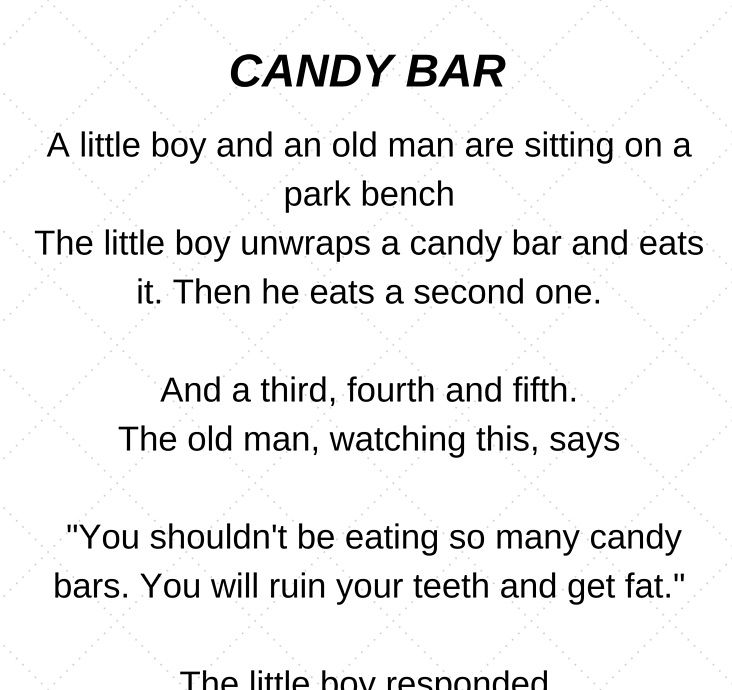 The book received more than a dozen adaptations in the 60s and 70s, and its audio version is impossible to listen to without giggling.
The book received more than a dozen adaptations in the 60s and 70s, and its audio version is impossible to listen to without giggling.
Charlie and the Chocolate Factory (1964)
A fairy tale story by the English writer Roald Dahl about a boy named Charlie Bucket. He lives in a tiny house on the outskirts, his family is so poor that Charlie can only get one chocolate bar a year - for his birthday. Everything changes when Charlie finds the Golden Ticket in one of Wonka's amazingly delicious chocolates and enters the Chocolate Factory of the eccentric confectioner Willy Wonka. The most famous film adaptation was made by director Tim Burton, the role of Willy Wonka was played by Johnny Depp.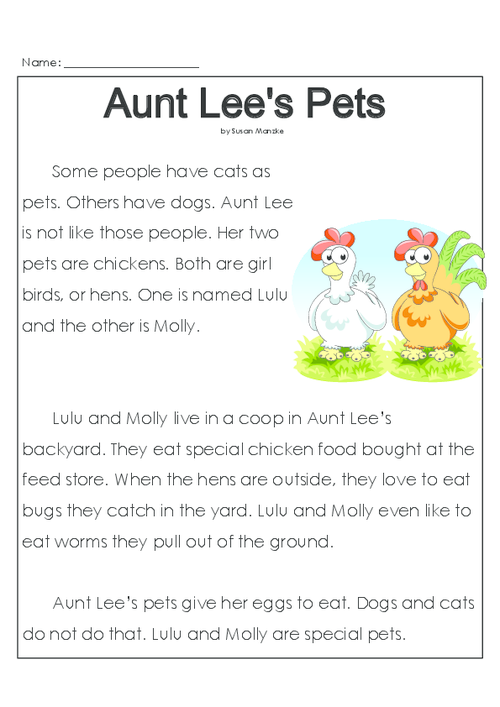 Dahl's children's books are distinguished by the presence of black humor, rudeness, unexpected endings and boundless fun - not only children, but also adults cannot be torn away.
Dahl's children's books are distinguished by the presence of black humor, rudeness, unexpected endings and boundless fun - not only children, but also adults cannot be torn away.
Peter Pan (1902-1904)
The story of a boy who did not want to grow up was invented by the Scottish playwright and novelist James Barry in the early 1900s. The literary basis is different from the widely known Disney cartoon. James Barry wrote two stories: in the first, Peter Pan escapes from the house through the chimney and flies away to Kensington Gardens, and in the second he meets Wendy and shows her Neverland. Later she wrote a play. The character was based on Michael Davis, one of the writer's five adopted children (he became the guardian of the five sons of his close friends when they died).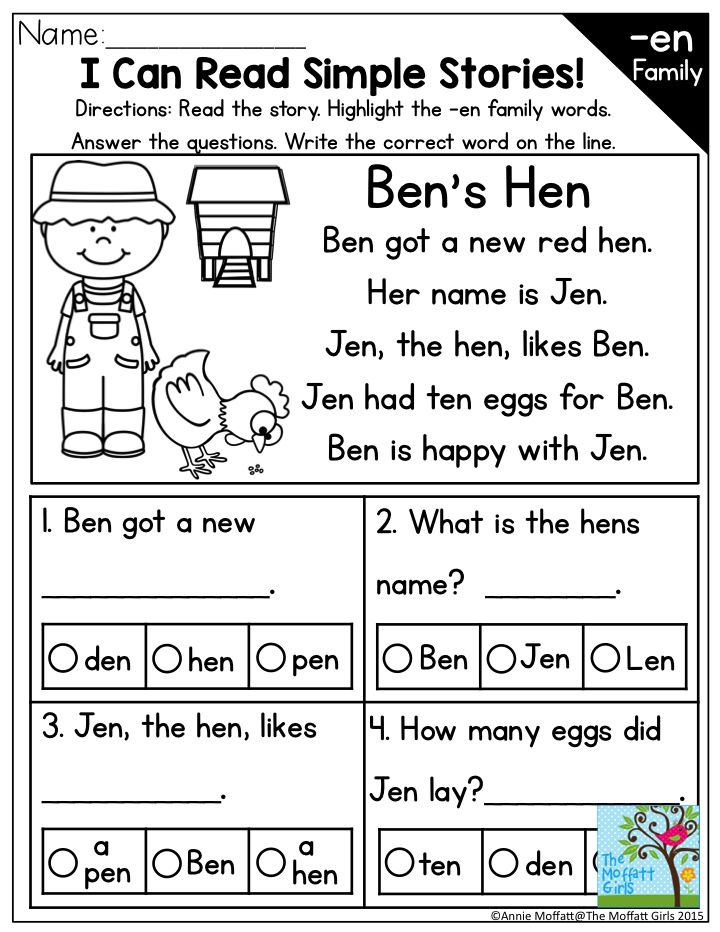
The Golden Key, or the Adventures of Pinocchio (1936)
First, the writer Alexei Nikolayevich Tolstoy, being in exile, undertook to translate the Italian fairy tale by Carlo Collodi about the adventures of Pinocchio. In the process, Tolstoy got carried away and created his own version of the original story: less moralistic, more adventurous and fun. Tolstoy later wrote a play and a screenplay for the film. At first, the illustrations for the books were black and white, then colored watercolors. Subsequent editions have been illustrated by many famous artists in a variety of styles, including caricature sketches and abstractions. The fairy tale has several adaptations, the most famous version is directed by Leonid Nechaev (1975).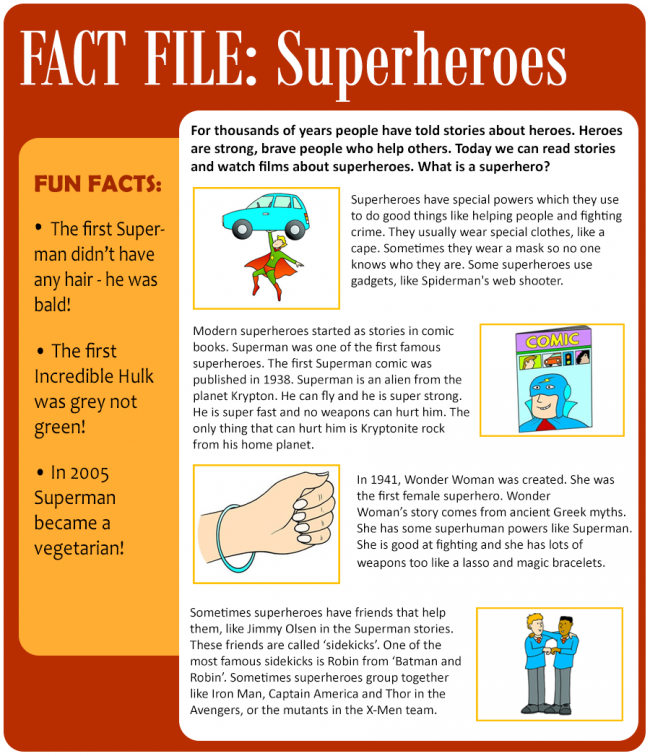
Old Man Hottabych (1938)
Soviet fairy tale by Lazar Lagin, published in three editions: 1938, 1953 and 1955. The further, the more ideologized and political the text becomes, anti-capitalist inserts and attacks against the United States appear. And in the original, this is a kind fairy tale about the pioneer Volka Kostylkov, who fished out an old jug from the Moscow River and released a genie. Based on the story, a feature film was made (1956).
If you find a typo or error, select the text fragment containing it and press Ctrl + ↵
Select mailing list:
By clicking on the "Subscribe" button, you agree to the transfer and processing of the provided personal information in accordance with the terms of the Privacy Policy.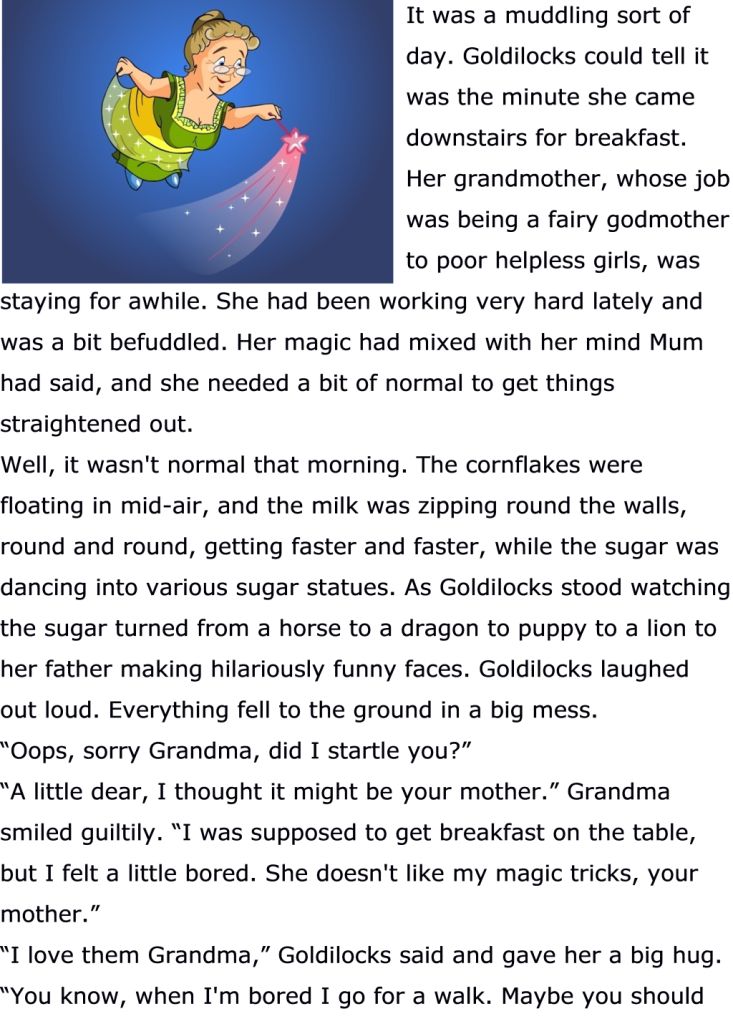
List of children's literature by age
January 3, 2015
Estimated reading time: 23 min.
A link to the article will be sent to you by E-mail:
The list was compiled on the recommendations of parents and child psychologists. However, the editors of the Teach Good project did not analyze and evaluate each work, as is the case with the lists of modern films and cartoons recommended for children.
A good book can become a part of a personality… There are a huge number of offers on the shelves of bookstores today, but not everything in a beautiful and bright cover will be useful for children to read. The best will be those works that differ not only in a fascinating plot, but also carry certain educational ideas: they teach goodness, justice, honesty.
The list can be edited according to your feedback.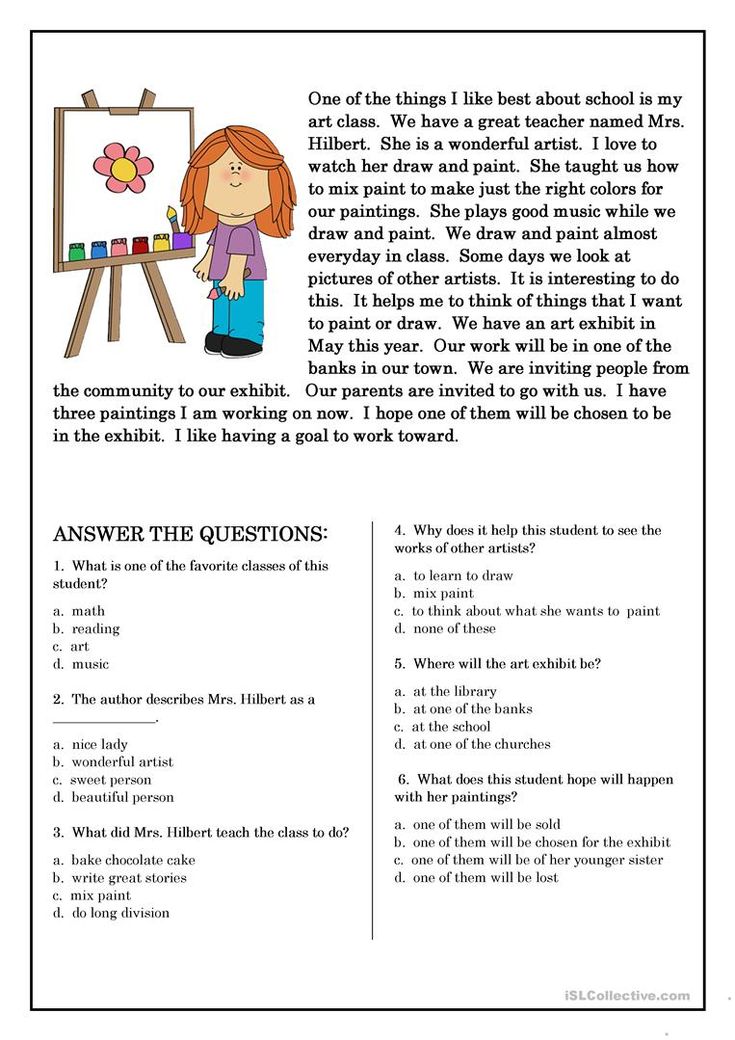 Write us.
Write us.
Literature for the formation of moral self-awareness
(senior preschoolers, 6-7 years old)
Philanthropy - misanthropy
- Kataev V. "Flower-Semitsvetik".
- Zelenaya R., Ivanov S. "An adult's story".
- Oseeva V. "Revenge".
- Zhitkov B. Boroda. “Smoke”, “How one boy drowned”, “On an ice floe”, “Mail”, “Fire”, “Collapse”, “Flood”.
- Kuprin A. "Elephant".
- Permyak E. "Reliable person".
- Baruzdin S. "Sea dagger".
Mutual support, mutual assistance, mutual help - self-love (individualism)
- Tolstoy L. "Stories for young children."
- Neverov A. "Bug", "Collective".
- Baruzdin S. Fur seal.
- Russian folk tale "Zimovie".
- Berg L. Stories about a small car.
Avarice (greed) - generosity
- Ushinsky K. "Close together, but boring apart."
- Andersen G.H. "Thumbelina".
- Oseeva V.
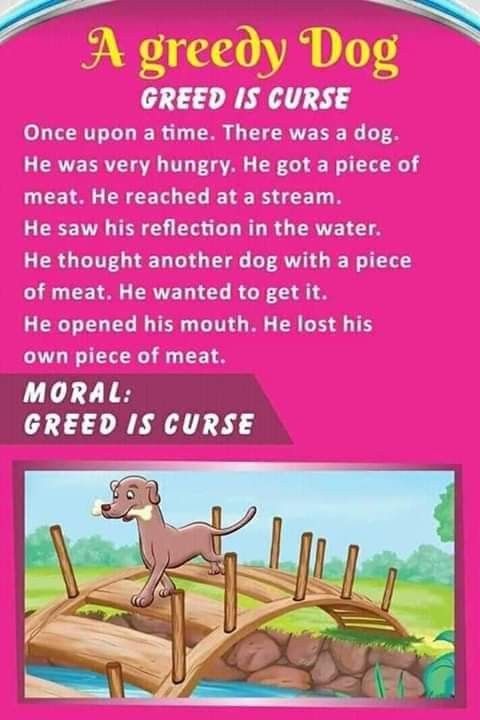 "Three Comrades".
"Three Comrades". - Fairy tale of the peoples of India "Whose hands are more beautiful".
Politeness (tact) - rudeness
- Oseeva V. "The Magic Word".
- R. Zelenaya, S. Ivanov “In the Stone Age”, “Ha-ha-ha! Adults”, “Be careful, elbows!”, “Pan”.
- Russian folk tale "The Choker".
- Ladonshchikov G. "Savage in the forest".
Honesty (truthfulness) - deceit
- Brothers Grimm. "Hare and hedgehog".
- Tolstoy L. "Liar".
- Ushinsky K. "Terrible goat".
- Oseeva V. "Why?"
- Dal V. "Crow".
Justice - injustice
- Oseeva V. "Cookie".
- Pogorelsky A. "Black chicken or underground dwellers".
- Aksakov S. "The Scarlet Flower".
- Zakhoder B. Lisitsin Court.
Modesty - indiscretion
- Korean fairy tale "Brothers".
- Zelenaya R., Ivanov S. "A Dangerous Couple".
- Italian fairy tale "How the donkey stopped singing".

- Garshin V. "Traveling Frog".
- Tolstoy L. Pavlin. "Peacock and Crane".
- Marshak S. "The Story of an Unknown Hero".
Thrift - extravagance
- Uspensky E. "Three from Prostokvashino".
- Medvedev V. Savings cat.
- Mikhalkov S. "Bulka".
Straightforwardness (openness) - cunning
- Russian folk tale "The Wolf and the Seven Kids".
- Hungarian fairy tale "Two Greedy Little Bears".
- Feather Sh. Little Red Riding Hood.
- Baruzdin S. "Fox".
Courage - cowardice
- Ushinsky K. "The Eagle and the Cat".
- Tolstoy L. "Kitten".
- Tale of the peoples of Alaska "Little Mouse's Big Journey".
- Russian folk tale "Fear has big eyes".
Compassion (mercy) – callousness
- Prishvin M. “A sip of milk”.
- Hugo V. "Les Misérables" (Chapter "Cosette").
- Suteev V. "Under the mushroom".
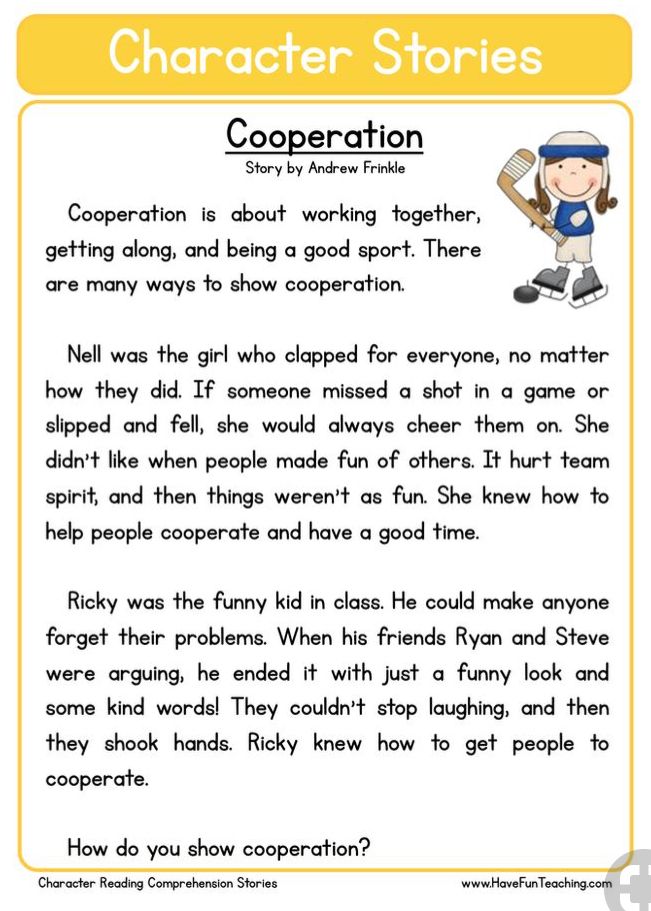
- Charushin E. "About rabbits".
- Zelenaya R., Ivanov S. "Crow".
- Garin-Mikhailovsky N. "Theme and the bug"
- Neverov A. The bugs. Korolenko V. "Children of the Underground" (chapter "Doll")
Humility - obstinacy
- Russian folk tale "Morozko".
- Feather S. Cinderella.
- Pushkin A. "The Tale of the Fisherman and the Fish"
- Yanikovskaya E. "I go to kindergarten"
- Zelenaya R., Ivanov S. "Let it go."
Good - evil
- Ushinsky K. "It is bad for him who does no good to anyone."
- Oseeva V. "Good". "On the rink". "Badly".
- Tolstoy L. "Bird". "Soldier". "The Dog and the Thief". "Squirrel and Wolf". "How many people?"
- Neverov A. "Orphanage". "Collective".
- Udmur folk tale "The hunter and the snake".
- Barto A. "Hot".
- Emelyanov B. "Mom's grief".
Books for children up to 3 years old
- Small forms of folklore: nursery rhymes, songs, rhymes, rhymes (such little rhymes that accompany the life of a child: how we eat, how we dress, how we wash ourselves), Russian folklore and folklore of other peoples of the world.
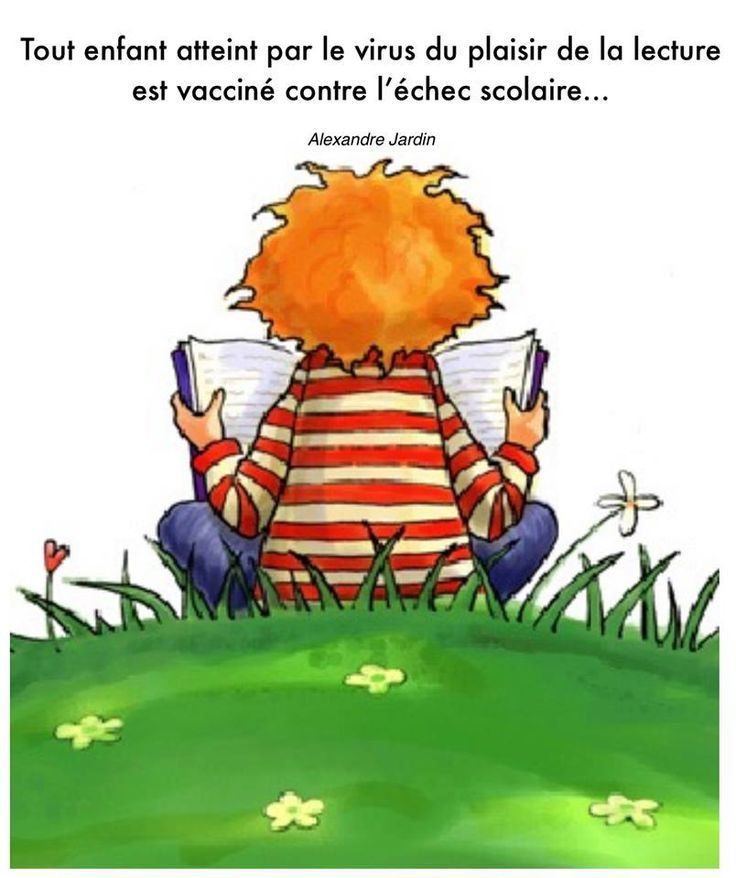
- Russian folk tales about animals (Kolobok, Teremok, Turnip, Ryaba Hen, Zayushkina hut)
- Vasnetsova Yu. Poems, fairy tales, nursery rhymes with illustrations
- Suteev V. "Fairy tales and pictures"
- Chukovsky K. Fairy tales and poems
- Marshak S. Poems, songs, riddles.
- Barto A. cycles of poems "Toys", "Younger brother", "Nastenka", "Vovka - a kind soul".
- Charushin E. "Cat", "Chicken", "How Tomka learned to swim".
- Moritz J. "Poems".
- Levin V. "Stupid Horse" (poetry).
- Pushkin A. "Tales", excerpts or in full.
- Poems of Russian poets (V. Zhukovsky, A. Fet, V. Pleshcheev, E. Baratynsky, F. Tyutchev and others) about nature.
- Tokmakova I. Carousel.
- Ushinsky K. "Tales".
- Tolstoy L. Fables and stories from the "ABC".
- Garshin V. "Traveling Frog".
- Aleksandrova Z. “My Bear”, “Stompers”
- Oster G. Cycle about a Kitten named Woof.
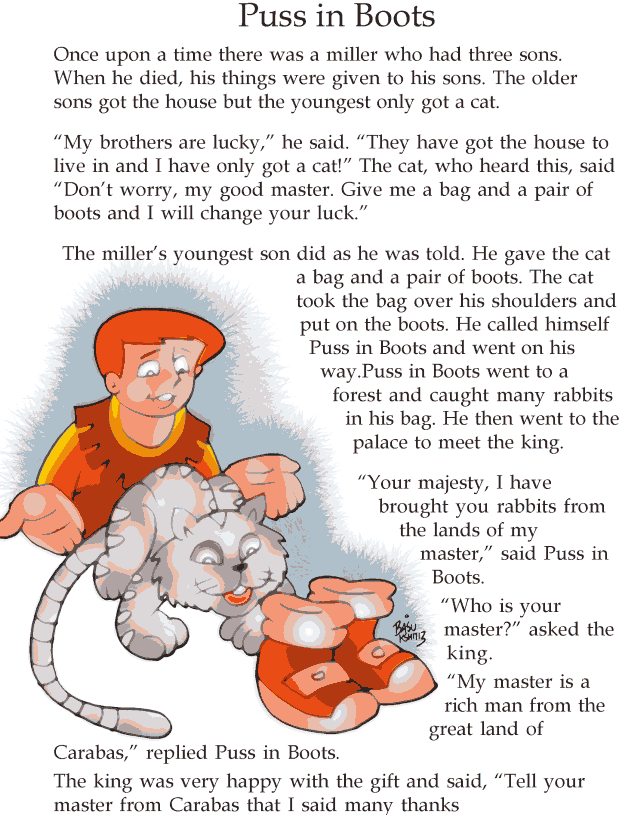
- Tolstoy L. Stories for young children. (The main thing here is to find a publication with high-quality pictures, since there is not much text there at all, the main attention should be paid to the intonation, beauty and melody of traditional Russian speech, the image of rural life).
- Ushinsky K. Stories about animals, about children
- Blaginina E. Poems about nature, about mother, about how children help mother.
- Kharms D. "Poems".
Books for children from 3 to 5 years old
Russian Literature
- Tolstoy A. Pinocchio, or the Golden Key
- Akim Yakov Poems for children
- Blaginina A. Poems for children 9019 and 9019 cycles of poems, for example, “Vovka, a kind soul”
- Belozerov T. Poems
- Berestov V. Any works for children
- Vvedensky A. "Uncle Borya says that .." and others
- Dragunsky V. fifth grader, and not all of them will be of interest to a child at the same age).
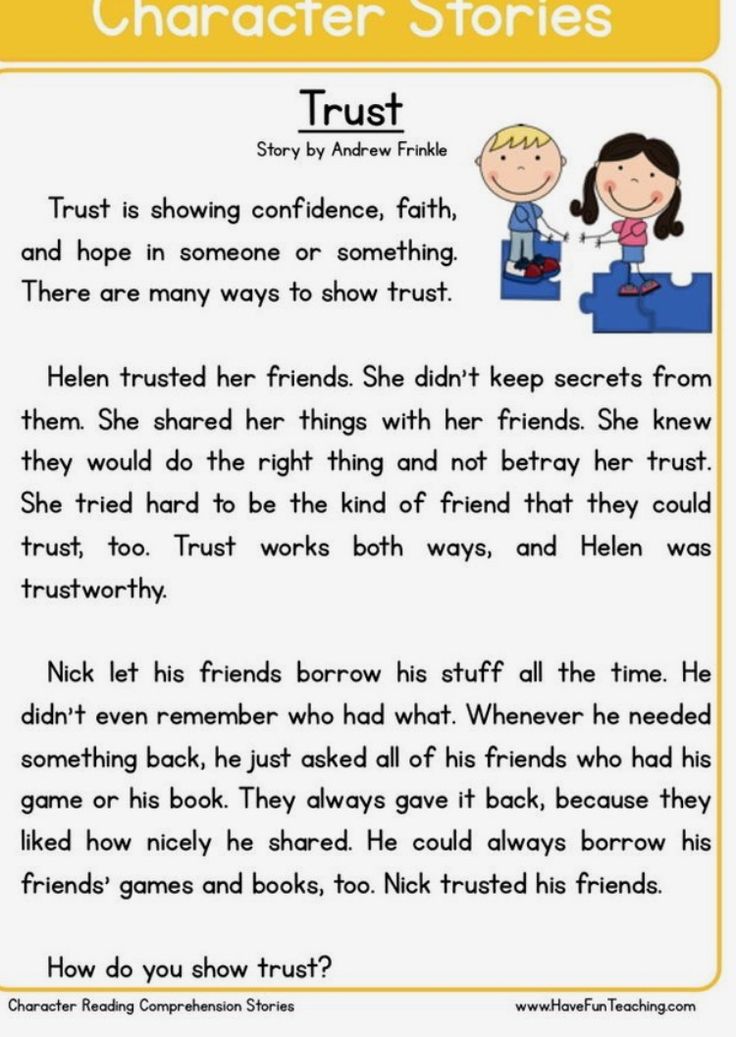
- Volkov A. A cycle of stories about the Emerald City.
- Garshin V. "Traveling Frog"
- Georgiev S. "Yolki-Palki or Field Marshal Pulkin", "One Boy, One Girl", "Cat Spell", "Buzzers"
- Dolinina N. "My Captain", "Lemboy", "Chucha", "How small the world", "We are twins with Seryozhka", "A Girl Lost"
- Druzhkov Yu. "The Adventures of Pencil and Samodelkin"
Ezhikova Z. "The Mole and His Friends" - Zhitkov B. "What I saw", "Stories about animals", "About Pudya", "How I caught little men", "What happened"
- Zhuravleva E. "Funtik" and other books
- Zhukovsky V. "Poems for children"
- Zakhoder B. "Poems for children"
- Zoshchenko M. "Funny stories", stories about Lela and Minka
- Krylov I. Fables, "The Crow and the Fox" and "The Monkey and Glasses" in the first place.
- Ivanov A. "The Adventures of Khoma and Gopher"
- Kozlov S. "Shake! Hello!"
- Kondratiev A. Poems for children
- Kornilova G.
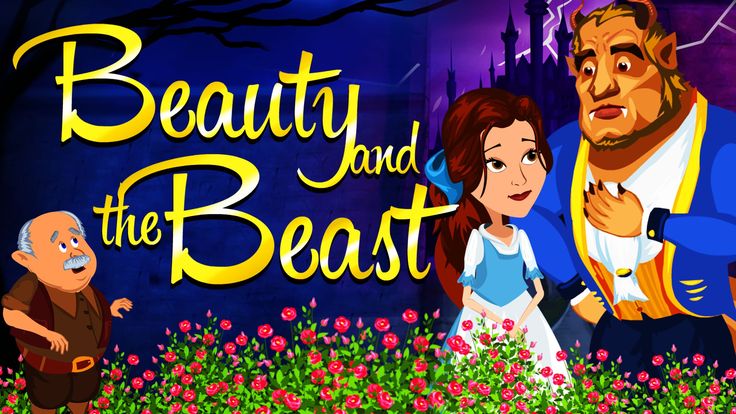 "Our friend Bumchik"
"Our friend Bumchik" - Kryukova T. "Bip car"
- Lebedeva "How Masha quarreled with a pillow"
- Levin V. "Stupid horse" 9018 "Children in a cage"
- Mayakovsky V. "What is good and what is bad"
- Mikhalkov S. "Laughter and Tears", "The Bunny-Knower", "Uncle Styopa" and other poems
- Moritz Y. Poems for children, "Bouquet of Cats"
- Moshkovskaya E. Poems for children
- Nestaiko V. "In the Land of Sunny Bunnies"
- Nosov N. The first book about Dunno (the other two are for schoolchildren), short stories.
- Oleinikov N. “I sent eccentrics to the market”, etc.
- Paustovsky K. “Cat-thief”, “Badger nose”, “Rubber boat”, “Steel ring”
- Petrushevskaya L. Children's plays, Fairy tales.
- Plyatskovsky M. "The Adventures of the Grasshopper Kuzi", "How the Duckling Kryachik lost his shadow" window open”, “Machines of fairy tales”
- Pushkin A.S. Fairy tales
- Rumyantseva "About the little pig Plyukh"
- Samoilov D.
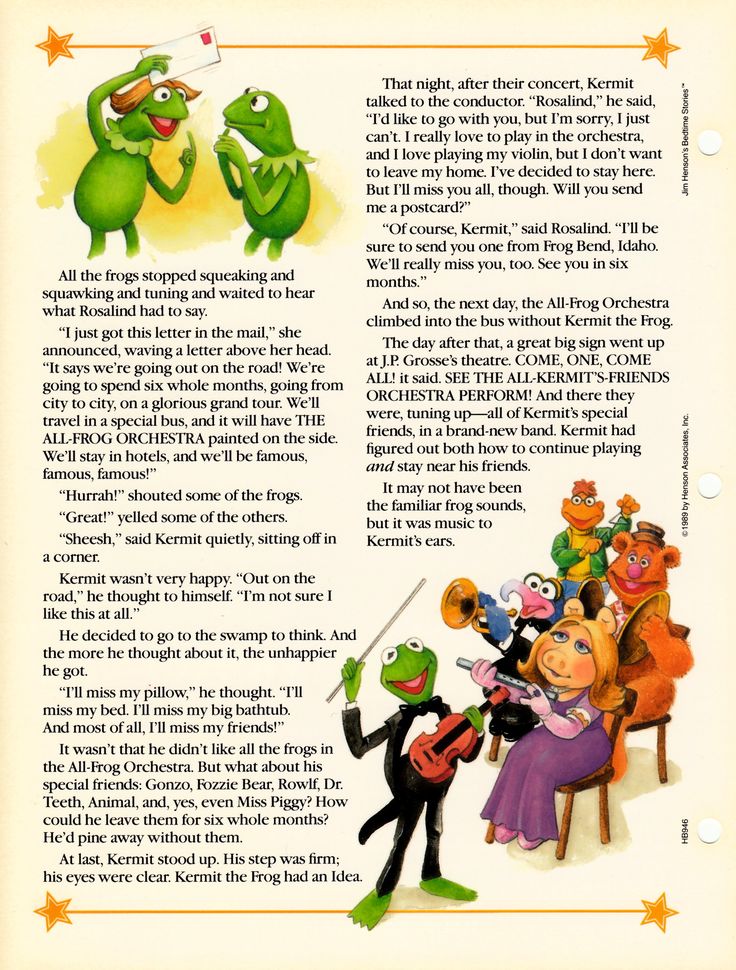 "The baby elephant went to study", "The baby elephant tourist"
"The baby elephant went to study", "The baby elephant tourist" - Sapgir G. Poems for children
- Sladkov N. "Tales of the Forest"
- Sobakin T. Poems and fairy tales
- Stepanov V.A. poems (optional)
- Suteev V. "Peter and Little Red Riding Hood" and other fairy tales
- Tokmakova I. Poems for children Sonya, or Good manners for small dogs”
- Uspensky E. “Cheburashka and Crocodile Gena”, “Uncle Fyodor, dog and cat”, “25 professions of Masha Filippenko”, “Guaranteed little men”, “About the boy Yasha”, “ About Vera and Anfisa "poems for children
- Fadeeva M. Smirnov A. “The Adventures of Parsley”
- Tsyer Tales
Foreign Literature
- Asbiernsen “Norwegian Tales” “Gnum Gnomych and Izyumka”
- of the Dziprey ”
- of the Dziprey”
- Konopnicka M. Orphan Marysya and the Gnomes
- Kruger M. Blue Bead, Hello Caroline
- Lindgren M. Fluffy Bunny
- Milne A.
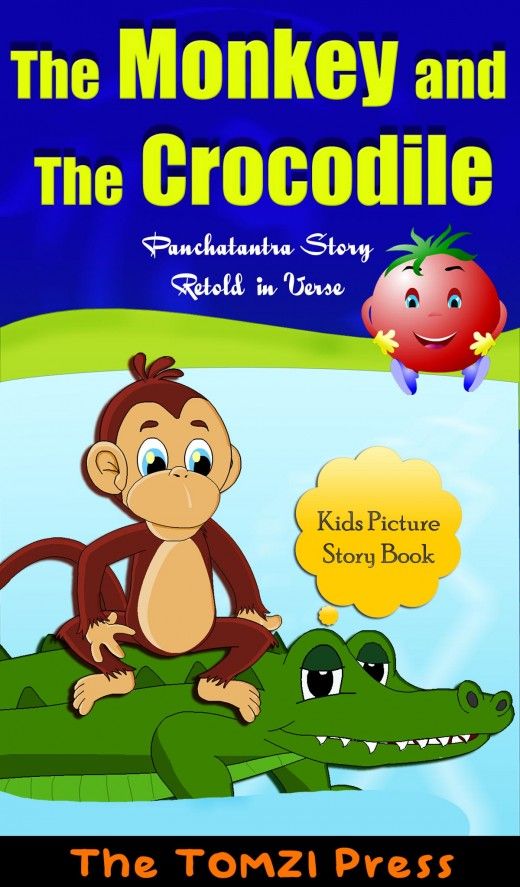 Winnie the Pooh and All-All-All »
Winnie the Pooh and All-All-All » - Nesbit E. Billy the King, Bellinda and Bellamant
- Perrault C. Tales
- Pino C. Tales
- Potter B. The Tales of Tabitha the Cat
- Hogarth Ann Muffin and Friends
- Eno Roud Muff, Half Shoes and Moss Beard Children's Books from 5 to 8 years
- Aksakov S. "The Scarlet Flower"
- Aleshkovsky Yuz "Shoo and Two Portfolios", "Shoo and I in the Crimea"
- Alexandrova G. "Domovenok Kuzka and magic things" ( with continuations)
- Afanasyev A. Tales
- Bazhov P. "Malachite Box", "Ural Tales", "Silver Hoof"
- Bianchi V. "Forest Newspaper", "Sinichkin Calendar"
- Bulychev Kir "Adventures of Alice"
- Veltistov E. "Adventures of Electronics" , "Gum-Gum", "A Million and One Days of Vacation"
- Volkov A. "The Wizard of the Emerald City"
- Gaidar A. "The Blue Cup", "Chuk and Gek"
- Geraskina L.
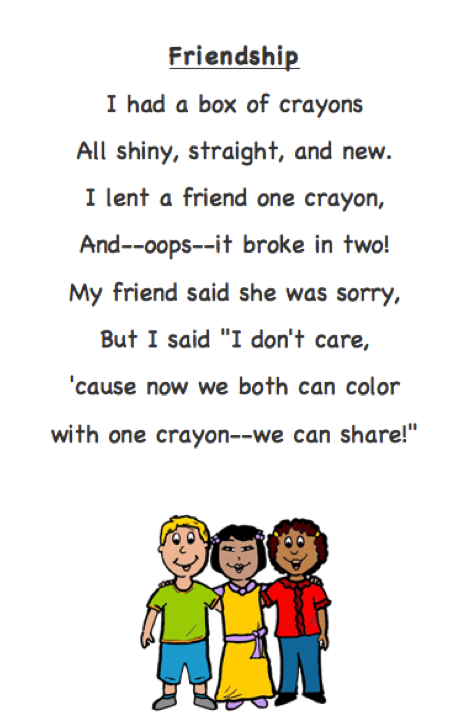 "In the Land of Unlearned Lessons"
"In the Land of Unlearned Lessons" - Golyavkin V. "My Good Dad", "Harp and Boxing", "How I was sitting under my desk", Stories
- Gor Gennadiy "Boy"
- Grabovsky Jan "Fly with whims"
- Grigorovich "Gutta-percha boy"
- Gubarev V. "Three on the island", "In the Far Far Away", "The Kingdom of Crooked Mirrors"
- Davydychev L. "The Life of Ivan Semenov"
- Danko E. "The Defeated Karabas"
- Demykina G. "House on a Pine Tree"
- Dragunsky V. "Deniska's Stories", "20 Years Under the Bed", "The Dog Thieves"
- Durov V. "My animals"
- Ermolaev Yu. "House of brave cowards"
- Ershov P. "The Humpbacked Horse"
- Zhuravleva Z. "Take Off the Shell"
- Zabolotsky "The Tale of the Crooked Little Man", "Knock Knock Knock Beater"
- Ivanov S. "The Former Bulka and His Daughter"
- Ilyin M. "One Hundred Thousand Whys"
- Kaverin V. "Hourglass"
- Kataev V. "Flower-Semitsvetik", "Pipe, Jug", "Magic Horn of Oberon"
- Kokovin E.
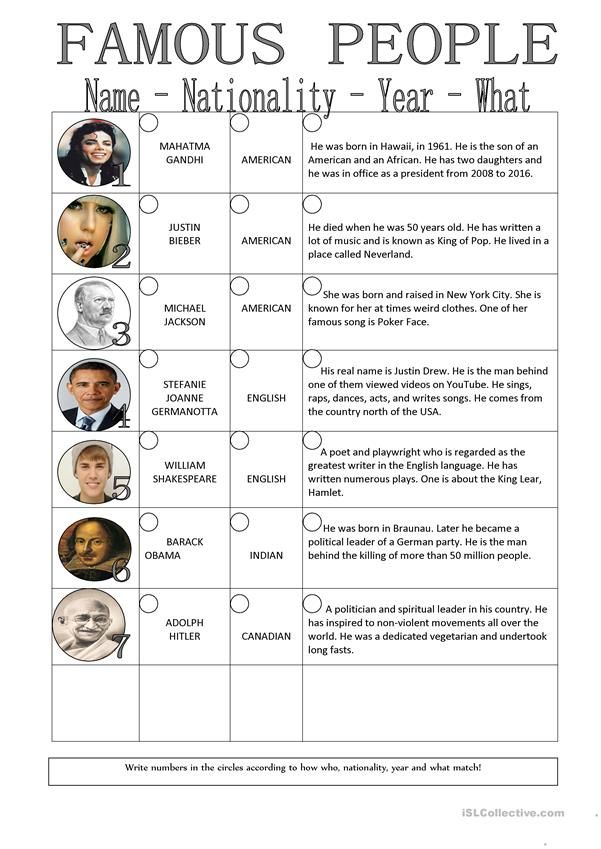 "Din-Dag"
"Din-Dag" - Konstantinovsky M. "KOAPP"
- Korzhikov V. "Solnyshkin's Merry Sailing"
- Krylov I. Fables
- Kumma A., Runge, S. "The Second Secret of the Golden Key"
- Kuprin "Elephant"
- Lagin Lazar "Old Man Hottabych", "The Blue Man", "Patent AV"
- Larry Yan "The Extraordinary Adventures of Karik and Valya"
- Lermontov "The Air Ship"
- Magalif Yuri "Zhakonya", "Kotkin the Cat"
- Mamin-Sibiryak D. "The Gray Neck", "Alyonushka's Tales"
- Marshak S. "Twelve Months ”, “Smart things”
- Medvedev V. “Barankin, be a man!”
- Mikhalkov S. "The Feast of Disobedience"
- Naumov E. "Coral City", "Magic Whirlwind"
- Nekrasov A. "The Adventures of Captain Vrungel"
- Nekrasov N. "Grandfather Mazai and Hares"
- " One with deception”, “Five with a tail”, “Mysterious voice behind your back”, “Toreadors from Vasyukovka”, “Kidnappers are looking for the victim”
- Odoevsky V.
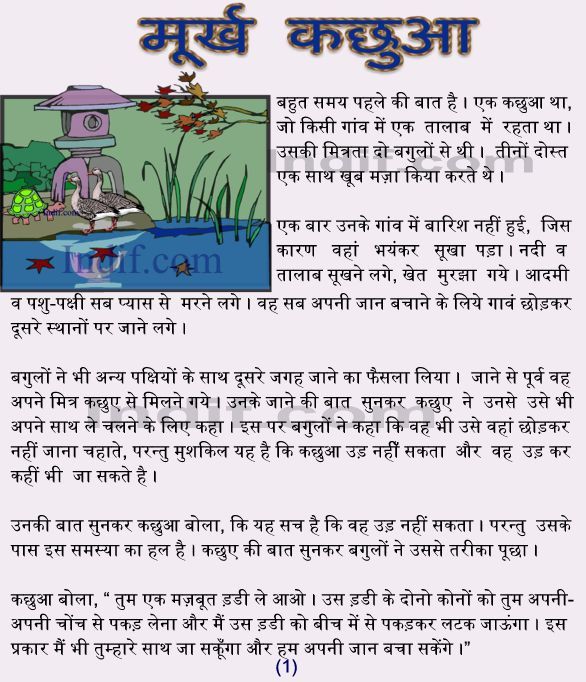 "Town in a snuffbox"
"Town in a snuffbox" - Olesha Y. "Three fat men"
- Oseeva V. "Dinka", "Vasek Trubachev and his comrades"
- Oster G. "38 parrots"
- Panteleev L. "Honest word", "Squirrel and Tamarochka", "Merry Tram"
- Permyak E. Skazki
- Perova O. "Guys and Animals"
- Pivovarova "What My Head Thinks About", "Once Katya with Manechka"
- Pogodin R. "Brick Islands"
- Pogorelsky A. "Black Hen, or Underground Inhabitants"
- Pocheptsov G. "School Tales", "Country of Cities", "Bureau of Good Offices"
- Prishvin M. “The Pantry of the Sun”, “Kashcheev's Chain”
- Pushkin A. “The Song of the Prophetic Oleg”
- Raskin A. “How Little Dad Was”
- Rozanov S. “The Adventures of Grass”
- Lev Rubinstein “ Grandfather of the Russian Fleet”, “In the Gardens of the Lyceum”
- Rutkovsky V. “Guests on a Broom”, “Friends from a Quiet Backwater”
- Rybakov A. “Dagger”, “Bronze Bird”, “Shot”
- Salomatov A.
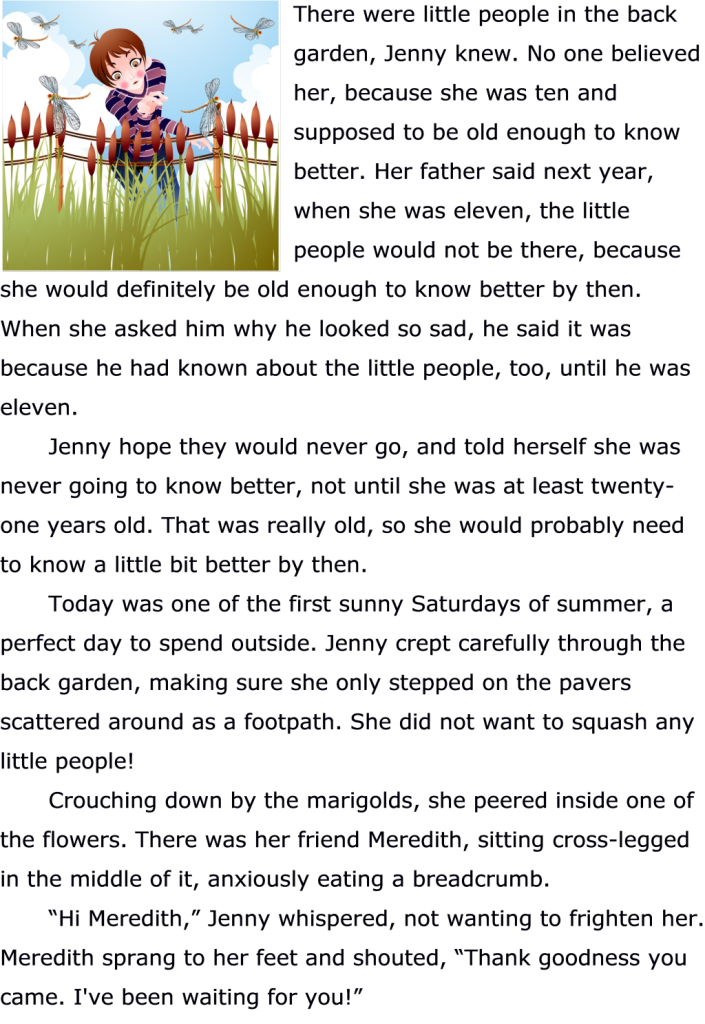 “ Our extraordinary Gosha”
“ Our extraordinary Gosha” - Salie M. “Tales of 1000 and one night”
- Sotnik Y. "How I was independent"
- Tikhomirov O. "Green Window"
- Tokmakova I. "Alya, Klyaksich and the letter A"
- Tolstoy A. etc.”
- Tomin Y. "Merry-go-rounds over the city", "A, B, C, D, E, etc.", "A magician was walking through the city"
- Tolstoy L. "Jump", "Lion and dog", stories and fairy tales
- G. Mustache plays-tales
- V. Chaplin "Pets of the zoo", "My pupils"
- E. Chepovetsky "Fidget, Myakish and Netak"
- Cherny A. Fox Mickey's Diary
- Chekhov A.P. "Kashtanka"
- Sharov A. "The Boy Dandelion and Three Keys", "The Adventures of Ezhinka and the Painted Men", "The Star Shepherd and Ninochka", "Magicians Come to People", "Children and Adults", "Pirrow Island", " A Tale of Ten Mistakes, Okoem
- Schwartz E. Cinderella, The Snow Queen, Ordinary Miracle, Two Maples
- Emden Esfir House with Magic Windows, Adventures of a Little Actor
- Jagdfeld and Gernet N.
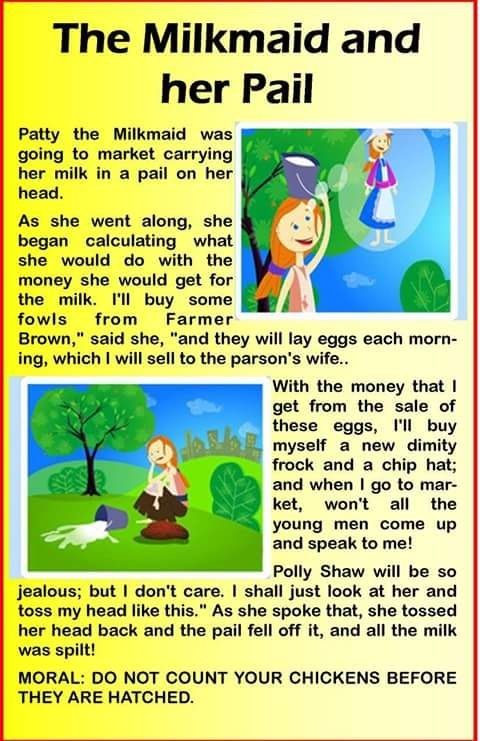 "Katya and the Crocodile"
"Katya and the Crocodile" - Andersen G. Tales and Stories
- Babich I. "My Familiar Animals"
- Barnford S. "The Incredible Journey"
- Barry J. "Peter Pan and Wendy" "Land of Oz"
- Bjehwa Jan "Academy of Pan Blobs"
- Bisset D. "Forgotten Birthday", "Krokokot", Fairy Tales
- Blyton Enid "The Famous Duckling Tim", "Noddy's Adventure"
- The Brothers Grimm Fairy Tales Vangeli S. "The Adventures of Gugutse", "The Blue Hut", "Chubo from the village of Turturik"
- Verne Jules "Travels around the world in 80 days" (children's edition)
- Westli A-K. “Dad, mom, 8 children and a truck”, “Aurora from building “C”.
- Gauf V. Skazki
- Hoffman E.T. The Nutcracker, Beautiful Child, Orange Princess
- Graham Kenneth The Wind in the Willows
- Darell J. Zoo in My Luggage, Land of Rustles, Talking Bundle, Hounds of Bafut
- d'Hervilly E.
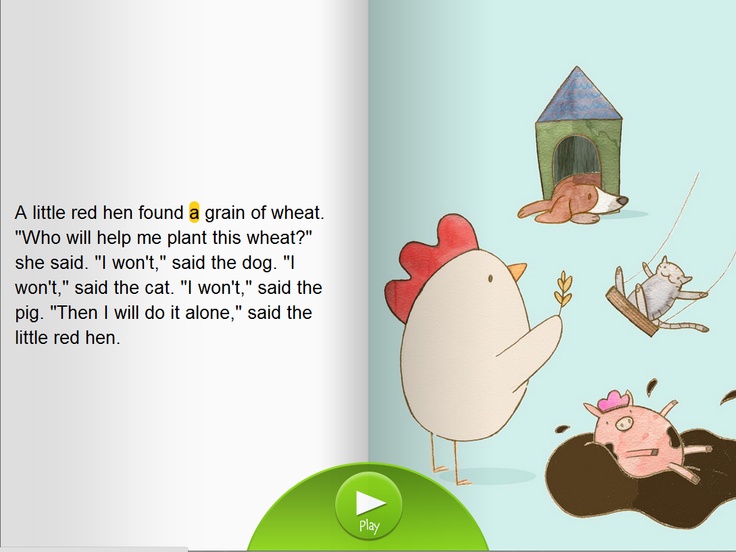 The Adventures of a Prehistoric Boy
The Adventures of a Prehistoric Boy - Salten F. Bambi
- Kern Ludwig Jerzy "Ferdinand the Magnificent"
- Kipling R. "Mowgli", "Little Stories"
- Collodi K. "Pinocchio"
- Crews J. me”, “Wizard in the Inkpot”
- Lagerlöf Selma “The Wonderful Journey of Nils”
- Lindgren Astrid “Brothers Lionheart”, “Pappy Longstocking”
- Lobatu Monteiro “Order of the Yellow Woodpecker”
- Lobe Mira; Ferra-Mikura "Grandma on the Apple Tree"
- Lofting Hugh "The Adventures of John Dolittle", "John Dolittle Circus"
- Lewis Clive "The Chronicles of Narnia"
- Maar Paul "Subbastic", "7 Saturdays a week"
- Malo Hector "Without a family", "In the family", "Romain Calbri"
- Maeterlinck M. "The blue bird", "Ariana and Bluebeard"
- Nesbit E. "Five Children and a Beast", "Phoenix and Carpet", "The Talisman"
- Pelin Yelin "Jan Bibian"
- Preusler O. "Little Baba Yaga, Ghost, Water"
- Raud Eno "Clutch, Half Shoes and Mossy Beard", "Sipsik"
- Rodari Gianni "The Adventures of Cipollino", "Cake in the Sky", "Journey of the Blue Arrow", "Jelsamino in the land of liars"
- Saya Kazis "Hey, hide!"
- Swift J.
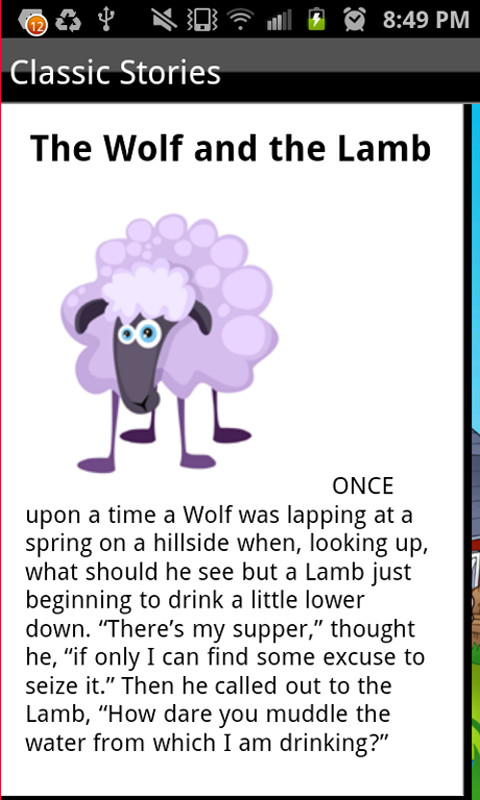 Gulliver's Travels
Gulliver's Travels - Saint-Exupery A. The Little Prince
- Seton-Thompson E. Animal Tales
- Stephenson R. Heather Honey
- Mark Twain "Tom Sawyer", "Huckleberry Finn"
- Travers Pamela "Mary Poppins"
- Fekete Istvan "Vuk the Little Fox"
- Frans Anatole "The Bee"
- Harris Joel "The Tales of Uncle Remus", "Brother Rabbit and His Friends" 9 9 princess", "Little Lord", "Secret Garden"
- Hopp Sinken "The Adventures of Jun and Sophus"
- Egner Thorbjorn "People and Robbers of Cardamom"
- Ekholm Jan "Tutta Karlsson the First and Only, Ludwig the Fourteenth and others"
- Ende Michael "The Endless Book", "Jack the Button" ”, “Momo”
- Abramov S. “Above the Rainbow”
- Adamov G. “The Secret of Two Oceans”
- Akim Zhivotnykh, “The World of Zhivotnykh” "Mammals or Beasts" and other books
- Aleksin A.
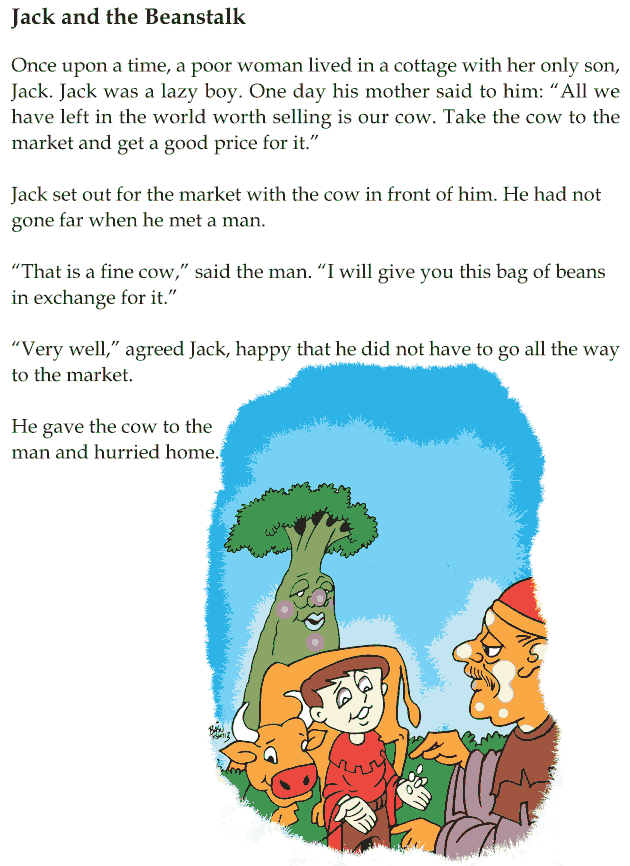 "The Secret of the Old Cottage", "My Brother Plays the Clarinet", "Meanwhile Somewhere"
"The Secret of the Old Cottage", "My Brother Plays the Clarinet", "Meanwhile Somewhere" - Alekseev M. "Karyukha"
- Almazov "The Most Beautiful Horse"
- Amatuni P. "ChAO — the winner of magicians»
- Arsenyev V. «In the Ussuri region», «Dersu Uzala»
- Astakhov E. «Treads of Captain Stormstiel»
- Bulycheva A. «Trumpeters from Solnechnaya Street»
- Vasilenko I. «Artemka», « Asterisk
- Vlasov A. Wagtail Army
- Voronkova L. “A Girl from the City”, “The Village of Gorodishche”, “Altai Tale”, “Elder Sister”, “Personal Happiness”
- Vronsky Y. “The Extraordinary Adventures of Kuksha from Domovichi”
- Gabbe T. “City of Masters”
- Gaidar A. "Military Secret", "The Fate of the Drummer"
- Gasenko G. "Terentich and Fedya", "Step's Neighbors"
- Gershenzon M. "Robin Hood"
- Gogol N.V. "Evenings on a farm near Dikanka", "Mirgorod"
- Guryan O. "Ivashka runs after a horse", "Witnesses"
- Davydychev L.
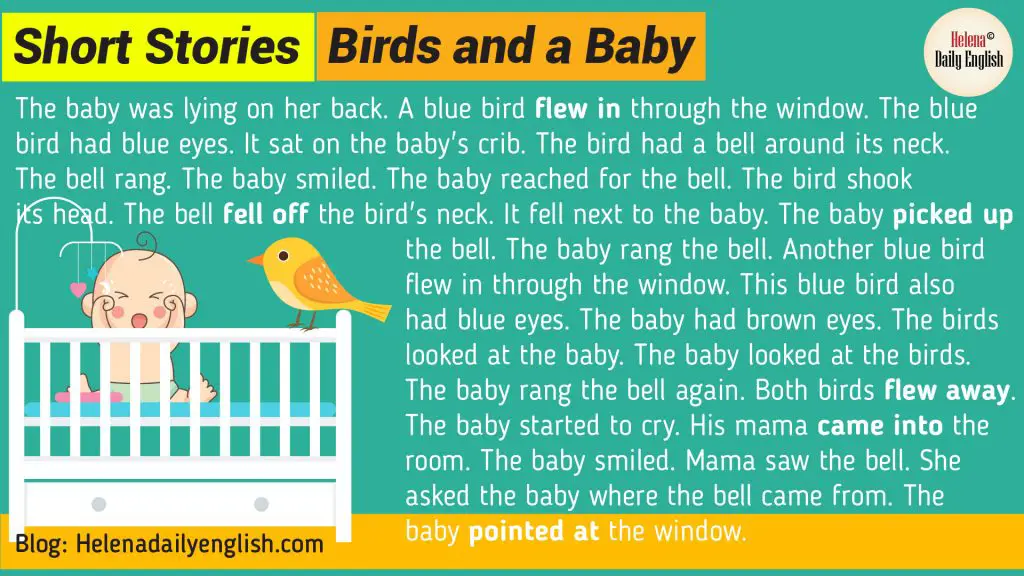 "Hands up, or Enemy N 1"
"Hands up, or Enemy N 1" - Dombrovsky K. "Island of inexperienced physicists"
- Zheleznikov V. "Scarecrow", "Password "Dragonfly""
- Zhitinsky A. "Old man from Bolshaya Pushkarskaya" , "Courtesy Visit", "Cheops and Nefertiti"
- Zorich A. "The Secret of the Golden Anemones"
- Ilyina E. "The Fourth Height", "This is My School"
- Kaverin V. "Two Captains", "Open Book" , "Nemukhin's stories", fairy tales
- Chernolussky M. "Phaeton"
- Kassil L. "Be ready, Your Highness", "The Great Confrontation", "Street of the Youngest Son", "My Dear Boys", "Konduit and Shvambrania"
- Kataev V. "The Son of the Regiment", Tetralogy "Waves of the Black Sea" : “The lonely sail turns white”, “Khutorok in the steppe”, “Winter wind”, “For the power of the Soviets!”
- Katerli Nina "Collection of Dr. Emil", "The Beast", "Potion", "Nagornaya, 10", "Window"
- Knorre F. "Captain Crocus", "Olya"
- Koval Yu. The lightest boat in the world”, “Vasya Kurolesov”, “Five kidnapped monks”
- Y.
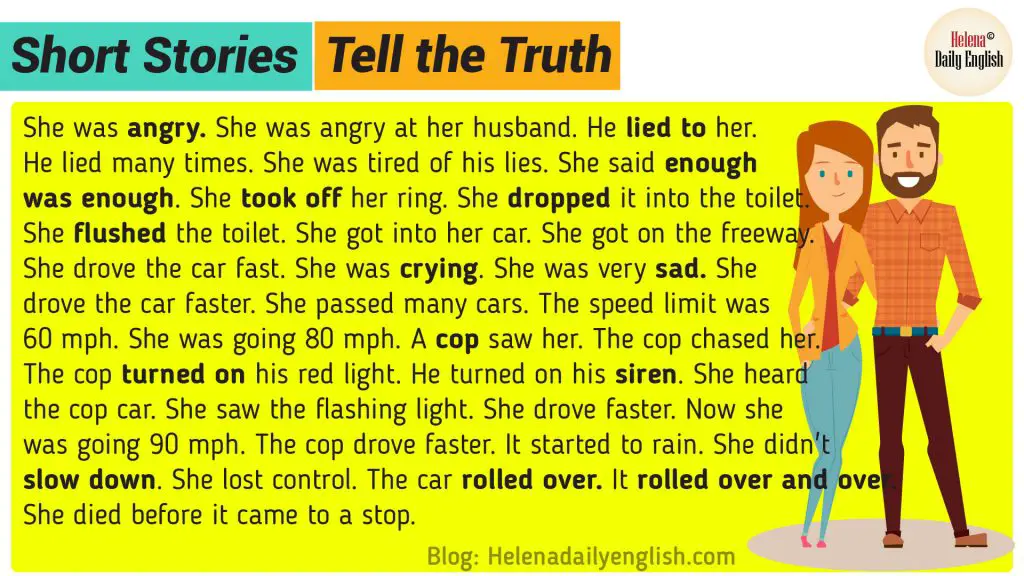 Korinets "Gizi's Song"
Korinets "Gizi's Song" - A. Kostetsky "Knock on my window", "I want to fly!", "HT Superglue", "Minimax" ”, “Squire Kashka”, “Riders from Rosa Station”, “Tide”, “Dovecote”, “Great Crystal”, “Flying Tales”, “Portfolio cap. Rumba "Crane and Lightning", "Lullaby for a Brother"
- Kulikov G. "Secret Messenger"
- Levshin V. "Dwarfing and Al-Jebra"
- Likstanov I. "The Adventures of a cabin boy", "Baby"
- Medvedev V. Flute for a Champion, Sovri-Head
- Mikhalkov S. Sombrero, Red Tie
- Molitvin P. At the Beginning of Summer Holidays
- Moshkovsky A. Five in a Starship , "Seven days of miracles"
- Naumov E. "Morning is wiser than evening"
- Novash N. "In the kingdom of Kirpirlain"
- Panteleev L. "The Republic of Shkid", "Clock", "Package"
- Pogodin R. "Dubravka "," Tales of Good People and Fair Weather "," Dumpling Soup, "Tournament in the Kingdom of Fiofigas"
- Poletaev S. "The Story of Two Fugitives", "Magic Pipe of the Captain"
- Popov V.
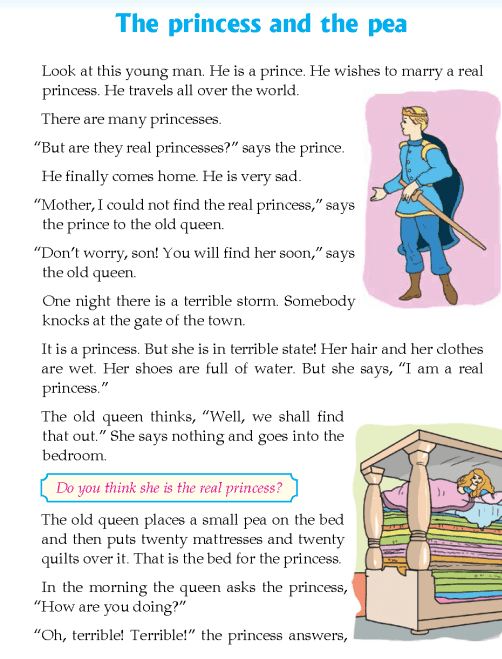 "The Adventures of Two Unfortunates"
"The Adventures of Two Unfortunates" - Potapova Alla "The Fearless Zuar"
- Pocheptsov G. "In Search of the Magic Sword", "Golden Ball"
- Prishvin M. "In the land of fearless birds"
- Sadovnikov G. "Savior of the Ocean"
- Svirsky A. "Ryzhik. The Adventures of a Little Tramp
- Sergienko K. Kees - Admiral Tyulpanov, White Rondel, Goodbye, Ravine, Ksenia, Days of Late Autumn
- Sladkov N. "Zakhar Zagadkin", "Into the forest in riddles"
- Sotnik Y. "Elixir Kuprum Esa", "Clairvoyant"
- Stanyukovich K. "Around the world on the "Kite"
- Sukhanova N. "In the caves Murosaurus"
- Tolstoy A. "Childhood of Nikita"
- Task S. "The Secret of the Red Cat"
- Troepolsky G. "White Bim Black Ear"
- Trublaini N. "Schooner Columbus", "Wings of the Pink Gull" 9011 Fedorov V. “Flying to the North”, “Journey Up”
- Shefner V. "A Name for a Bird", "A Million in the Sweat of His Face", "A Man with Five "Nots", "A Round Secret"
- Yacheykin Y.
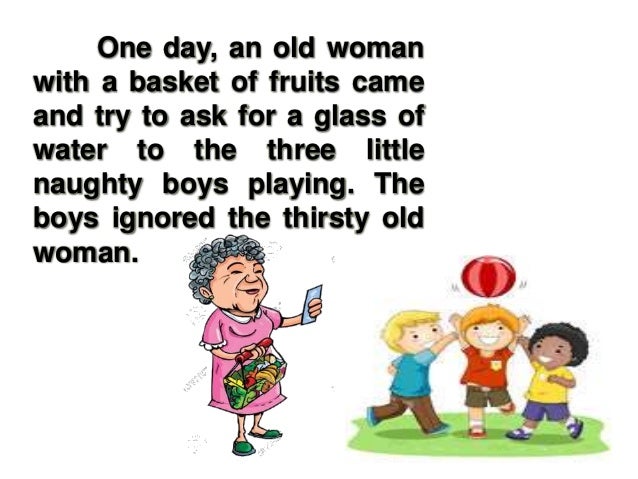 "My and Other Secrets", "Pavlik Khvalimon"
"My and Other Secrets", "Pavlik Khvalimon" - Asimov A. "The Adventures of Robot Norby"
- Arthur Robert., Carey M. et al. "Lord of Mars", "Tarzan", "Pellucidar", "The Timeless Earth", "Venus"
- Blyton Enid "The Magnificent Five", "The Secret Seven", "Five Finders and a Dog"
- Demostene Botez, Yonel Pop "Encounters with Nature"
- Broszkiewicz Jerzy "One is more interesting than the other", "Three from the Tenth Thousand"
- Boussinard Louis "Captain Break Your Head"
- Verne Jules "Mysterious Island", "15 Year Old Captain" , "20 Thousand Leagues Under the Sea", "Captain Grant's Children", "2 Years of Vacation"
- Voynich E. "The Gadfly"
- Garner A. "The Magic Stone of Breezingamen"
- Henry O. "The Leader of the Redskins"
- Greenwood J. "Little Rag"
- Gallico Paul "Thomasina", "Jenny", "Snow Goose"
- Dixon F. "The Hardy Brothers"
- Doyle A.
 K. "Professor Challenger", "Sherlock Holmes"
K. "Professor Challenger", "Sherlock Holmes" - Žilinskaitė V. "Journey to Tandadrika"
- Carlier Lieber "The Secret of Altamare"
- Erich Kestner "Emil and the Detectives", "Button and Anton", "The Matchbox Boy" »
- Keen Caroline "Nancy Dru"
- Coin Irmgard "The Girl You Were Not Allowed to Hang With"
- Korczak Janusz "King Matt the First"
- Kotzwinkle William "E.T. (The alien and his adventures on Earth)"
- Crawford C.P. "Three Legged Run"
- Cooper Fenimore "The Pathfinder" and other books about Natty Bumpo, "Sorceress of the Sea"
- Astrid Lindgren "Emil of Lenneberg", "Rasmus the Tramp"
- London Jack "Hearts of Three", "White Fang", stories
- McCallay Johnston "The Sign of Zorro"
- Nestlinger K. "Conrad, the Child from the Tin Can", "Down with the Cucumber King"
- Nemtsova B. "Grandmother", Zolotaya book of fairy tales, Silver Book of Fairy Tales
Aldridge J.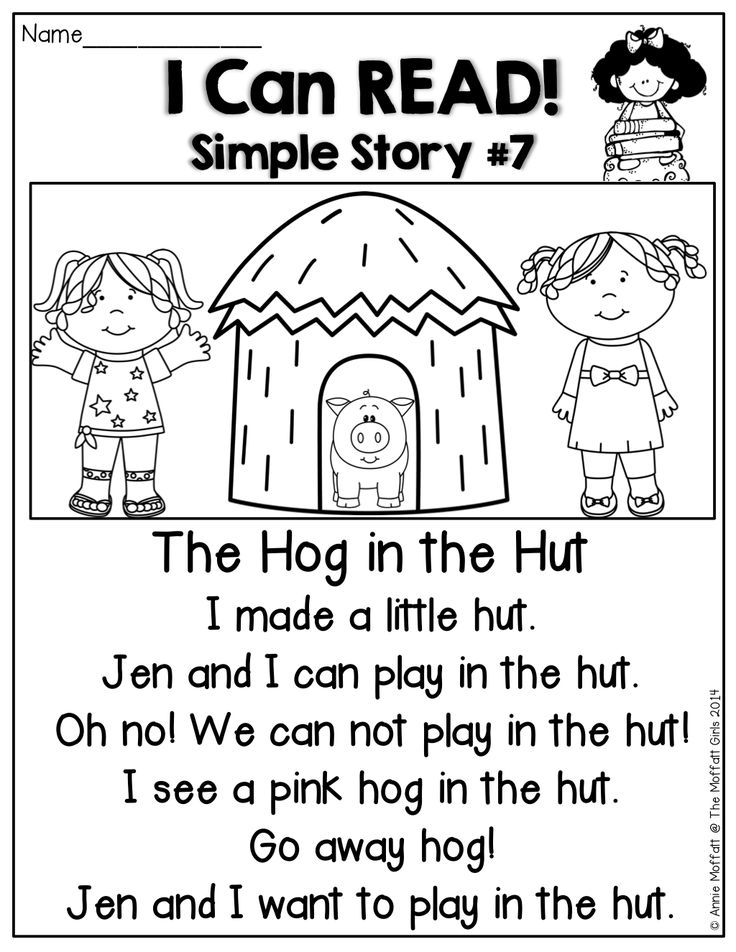 "The Amazing Mongol", "The Last Inch", "The Boy from the Forest Bank"
"The Amazing Mongol", "The Last Inch", "The Boy from the Forest Bank" - V. Petkevičiu "The Great Hunter Mikas Pupkus"
- E. Porter "Pollyanna"
- G. Prokop "Detective Pinky"
- Janusz Przymanowski "Jonathan Koot's Tricks"
- Raud Eno "Stainless Saber" 01019 T19 .Main "Headless Horseman", "Sea Wolf", "Young Hunters", "Children of the Forests"
- Roni Joseph "Fight for Fire", "Cave Lion"
- Simak K. "Ring Around the Sun"
- Gray Owl (Grey Owl) Sajo and Her Beavers
- Stevenson R. Treasure Island, Black Arrow, Kidnapped, Catriona
- Twain Mark The Prince and the Pauper, The Frog of Calaveras
- Tolkien J.R.R. "The Hobbit, or There and Back Again", "The Blacksmith from Big Wootton"
- Tutuola Amos "Journey to the City of the Dead"
- Wilde Oscar "The Canterville Ghost", "The Star Boy", "The Happy Prince"
- Fallada Hans "Fridolin — cheeky badger
- Forester S. The Saga of Captain Hornblower
- Francis Burnett Secret Garden, Little Lord Fauntleroy, The Little Princess
- Khaitov N.
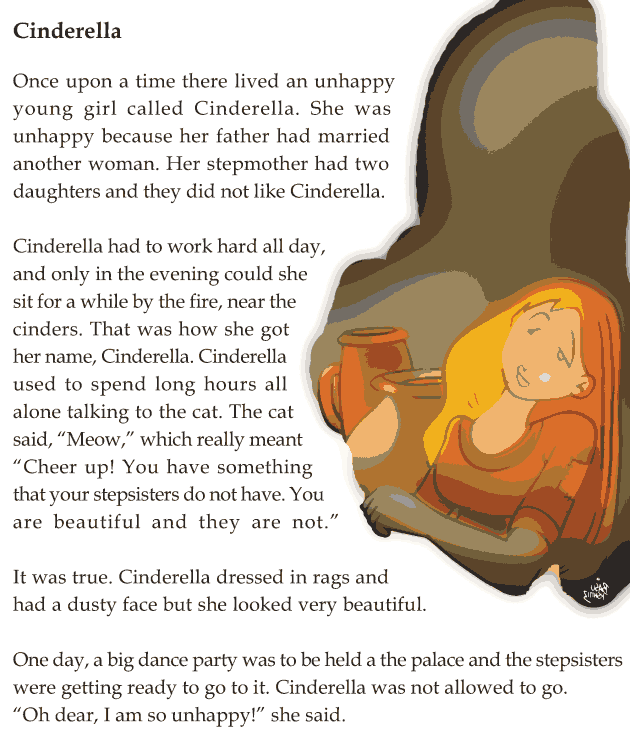 "Dragon"
"Dragon" - Chopich Branco "Feet in the field, head in the wild"
- Alfred Shklarsky "Journeys of Tomek"
- Ergle Zenta "It started in the house of flowers"
- Aksenov V. “A chest in which something knocks”, “My grandfather is a monument”
- Aleksin A. “A late child”, “Home Council”, “A Very Scary Story”
- Altaev Al. Historical stories
- Astafiev V. "A Horse with a Pink Mane"
- Bakhrevskiy V. "The Ataman's Treasure", "Kiprey-Polykhan"
- Belyaev A. amphibian”, “Seller of air”
- Belyaev V. “Old fortress”
- Bromley H. “Adventures of a boy with a dog”
- Brunstein A. “The road goes into the distance”
- Vigdorova Frida “Chernigovka” other two parts of the trilogy 9011 Vladko V. "Argonauts of the Universe", "Descendants of the Scythians"
- Voskresenskaya Zoya "Girl in a stormy sea"
- Govorov S.
 "Alkamen - theatrical boy", "The Last Carolingians"
"Alkamen - theatrical boy", "The Last Carolingians" - Grin A. "Scarlet Sails", "Golden Chain", "Running on the Waves", "Shining World" ”, “The Road to Nowhere”, “Jesse and Morgiana”, short stories
- Dymov F. “Where You Are Needed”
- Efremov I. “The Andromeda Nebula”, “The Hour of the Bull”, “The Razor's Edge”, “On the Edge of the Ecumene”
- Kazantsev A. "Flaming Island", "Stronger than time"
- Kamalov F. "Hello, Artem!"
- Kiselyov V. "The Girl and the Bird"
- Kovtun A. "The Baranova Balka"
- Kozlov V. "The President of Kamenny Island"
- Levinzon G. "Farewell to Deberville"
- Lukyanenko S. "The Boy and the Darkness", "Today, Mom!", "Knights of the Forty Islands"
- Matveev G. "Green Chains", "Tarantula"
- Moskvin I. "Forward - in defense!"
- Perumov N. "Ring of Darkness" (Elven Blade, Black Spear, Adamant of Henna).
- Pogodin Radiy "Step from the Roof", "What Senka Had", "Turn on the Northern Lights", "Trend"
- Polevoy B.
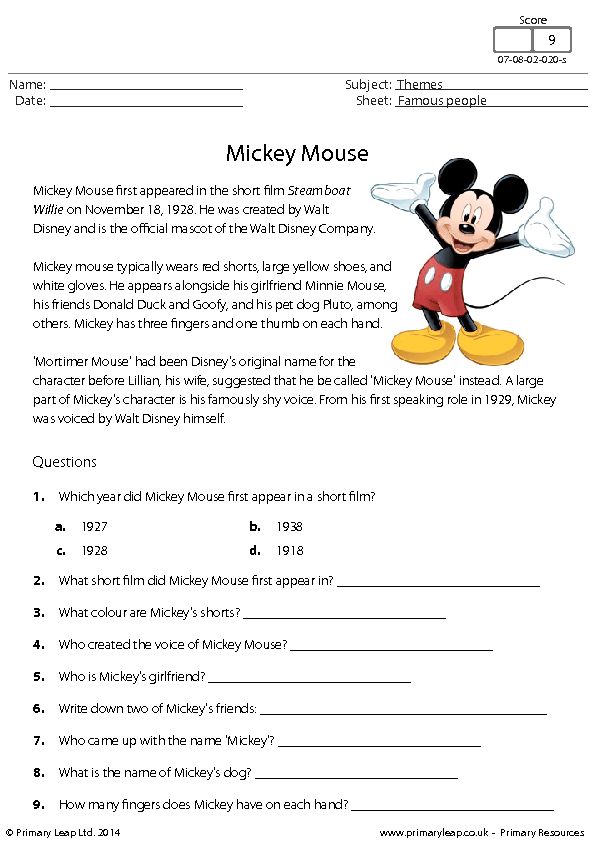 "A Tale of a Real Man"
"A Tale of a Real Man" - Polikarpova T. "Leaves of Future Summer"
- Popov V. "Dark Room", "Too Strong"
- Romanovsky S. "Blue Lightning", "Vyatka Lace"
- Rybakov A. "The Adventures of Krosh", "Vacation of Krosh"
- Ryazantseva E. "Fight, so fight!"
- Sadovnikov G. “The Adventure Seller”
- Sisnev V. “Notes of the Wickwick Club”
- Solovyov L. “The Tale of Hodge Nassredin”
- Strugatsky A. and B. “The Tale of Friendship and Enmity”, “The Far Rainbow” , "Land of Crimson Clouds"
- Sukhinov S. "War of Fairy Tales"
- Sysoev V. "Golden Rigma", "The Last Leopard"
- Tobolkin Zot "The Sad Jester"
- Tolstoy A. "Peter the First", "Aelita", "Engineer Garin's Hyperboloid"
- Trunkatov Tour "The Adventures of Hook"
- Uspensky G. "Through the Reserved Wilds", "Askania-Nova", "Vaska the Traveler"
- Ustinov L. "Gypsy Tale", "Old Fashioned Miracles"
- Filatov L.
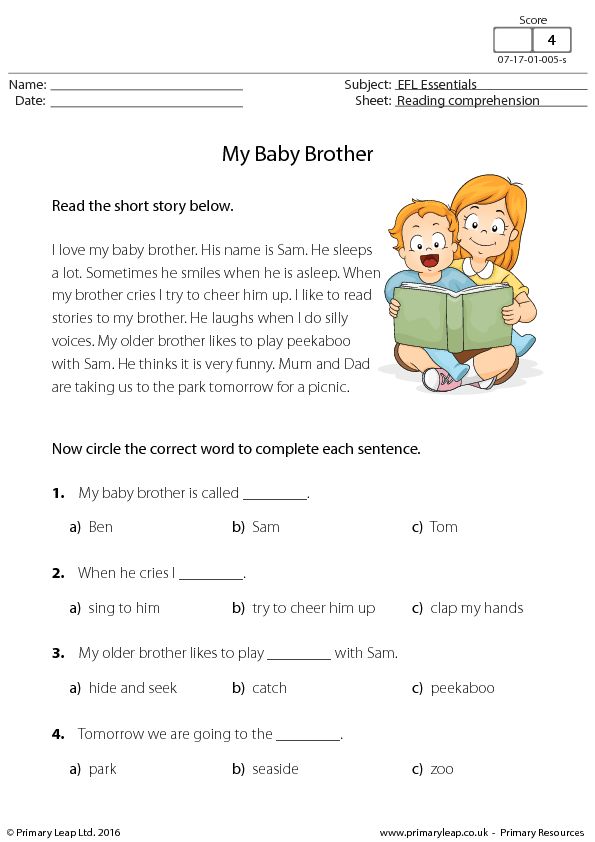 " About Fedot the archer of a daring young man”
" About Fedot the archer of a daring young man” - Fingaret S. “Great Benin”, “Feng sign on bamboo”
- Fraerman R. "Wild Dog Dingo"
- Schefner V. "Lucky Loser", "Girl at the Cliff", "Purple Ball", "Debtor's Shack", "Tea Party on the Yellow Veranda"
- Shtilmark R. "Heir from Calcutta"
- Shurlygin V. "Cosmonaut Sergeev"
- Schegolev A. "Cage for the violent"
- Yakhnina E. "Jacques the Brave from Saint-Antoine suburb"
- Yacheykin Yu. literature
- Azimov A. "Lucky Star - Space Ranger"
- Balzac O. "Shagreen Skin"
- Binz Archie "Buster, come to me!"
- David Bischoff "Unchildren's Games"
- Louis Boussinard "Ten Million Red Possum", "Ten Thousand Years in the Ice"
- Alan Garner "Elidor", "Owls on Plates"
- de Coster Charles "The Legend of Thiel Eulenspiegel"
- Defoe Daniel "Robinson Crusoe"
- Jellico Paul "Jenny", "Thomasina"
- Dickens C.
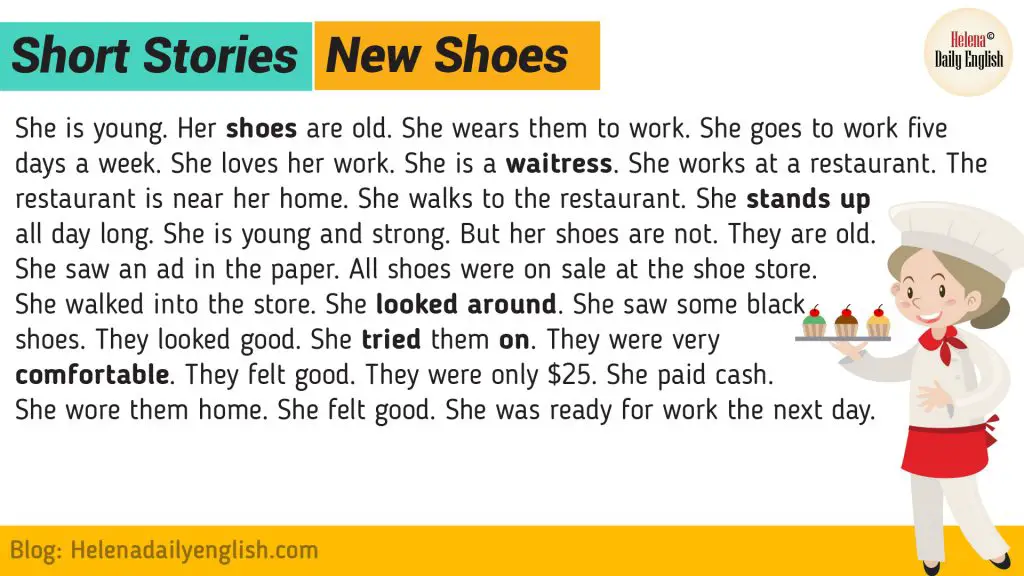 "Great Expectations", "Oliver Twist"
"Great Expectations", "Oliver Twist" - Dilov Luben Star Adventures of Numi and Nicky
- Doyle A.K. "Captain Sharkey", "Brigadier Gerard"
- Druon M. "Cursed Kings"
- Dumas A. "Count of Monte Cristo", "Ascanio", "Black Tulip", "Two Dianas"
- Kattner G. "Prochfessor covered"
- Kerwood James "Rogues of the North", "In the Wilds of the North"
- Clark A. "Dolphin Island"
- Le Guin Ursula "The Wizard of Earthsea"
- Lee Harper "To Kill a Mockingbird"
- May Carl "
- Nenatsky Zbigniew "The Adventures of Pan Samohodik"
- Norton Andre "Gray Magic", "The Magic of Wool"
- Olssen Lars Henrik "Erik - the son of a man"
- Preusler Otfried "Krabat: Legends of the old mill" Przyman
- " Four Tankers and a Dog
- Rollings Marjorie K. Peers
- Sabatini R. The Adventures of Captain Blood, Black Swan, Tavern Knight
- Saito Ryusuke Fire Horse
- Sat Ok (White Feather) "Land of the Salty Rocks", "Listen to the Song of the Feathers"
- Selinger J.
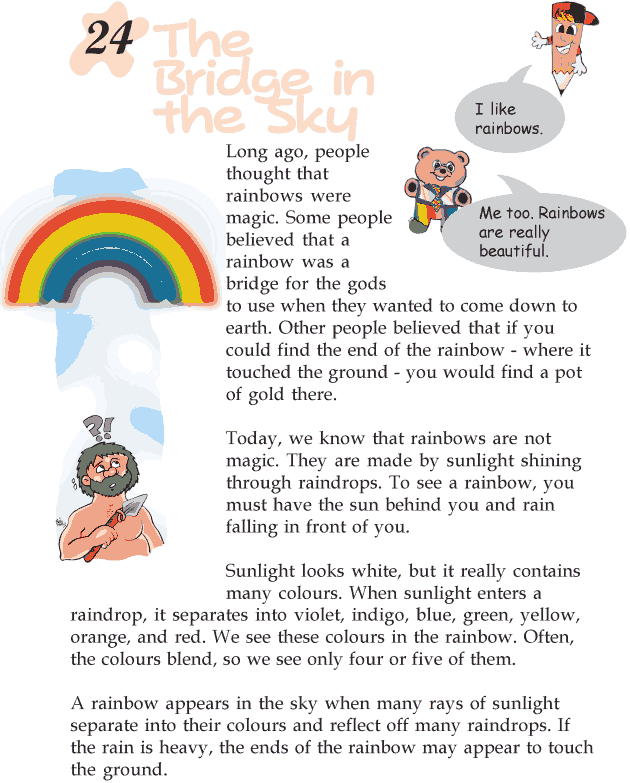
Learn more
Russian Literature
Foreign Literature
Books for children from 9 to 12 years old
Russian Literature
Chukovsky N. “Frigate Drivers”

